Katowice Climate Change Conference - December 2018
2-14 December 2018 | Katowice, Poland
Summary Highlights: 2-15 December 2018
Highlights for Saturday, 15 December 2018
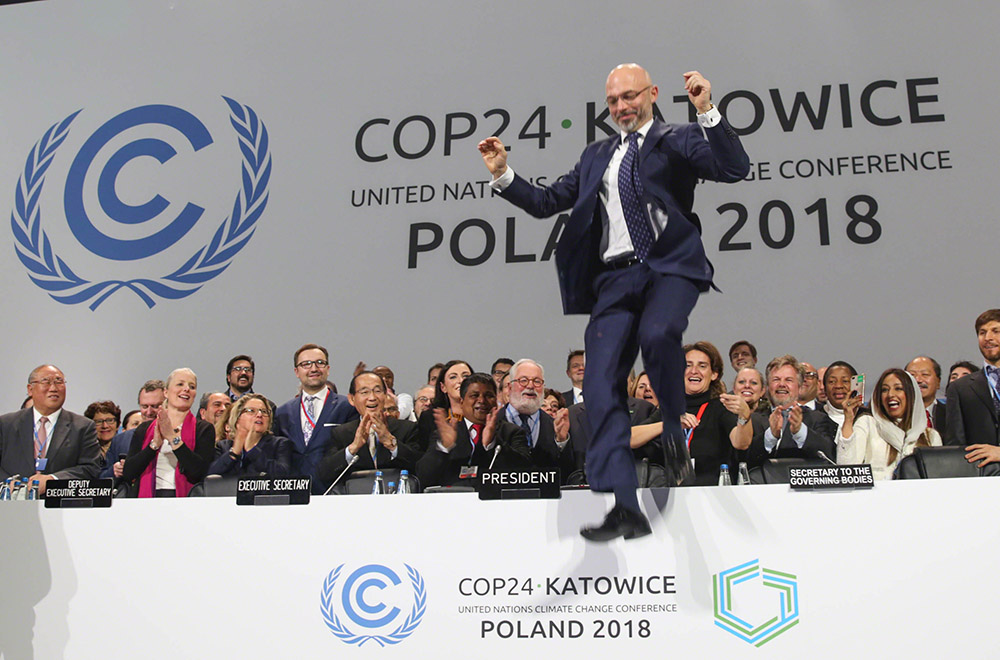
 The Katowice Climate Change conference continued on Saturday, a day after its scheduled close. Delegates engaged in consultations throughout the day to finalize the decisions for the Paris Agreement Work Programme (PAWP).
The Katowice Climate Change conference continued on Saturday, a day after its scheduled close. Delegates engaged in consultations throughout the day to finalize the decisions for the Paris Agreement Work Programme (PAWP).
The plenary convened at 9:30 pm to consider the decisions. CMA 1-3 was gavelled to a close on Sunday morning at 12:33 am.
+ Visit the web coverage for Saturday, 15 December 2018
IISD Reporting Services, through its ENB Meeting Coverage, provided daily reports, daily web coverage, and a summary and analysis from the Katowice Climate Change Conference – December 2018.
Photos by IISD/ENB | Kiara Worth
For photo reprint permissions, please follow instructions at our Attribution Regulations for Meeting Photo Usage Page
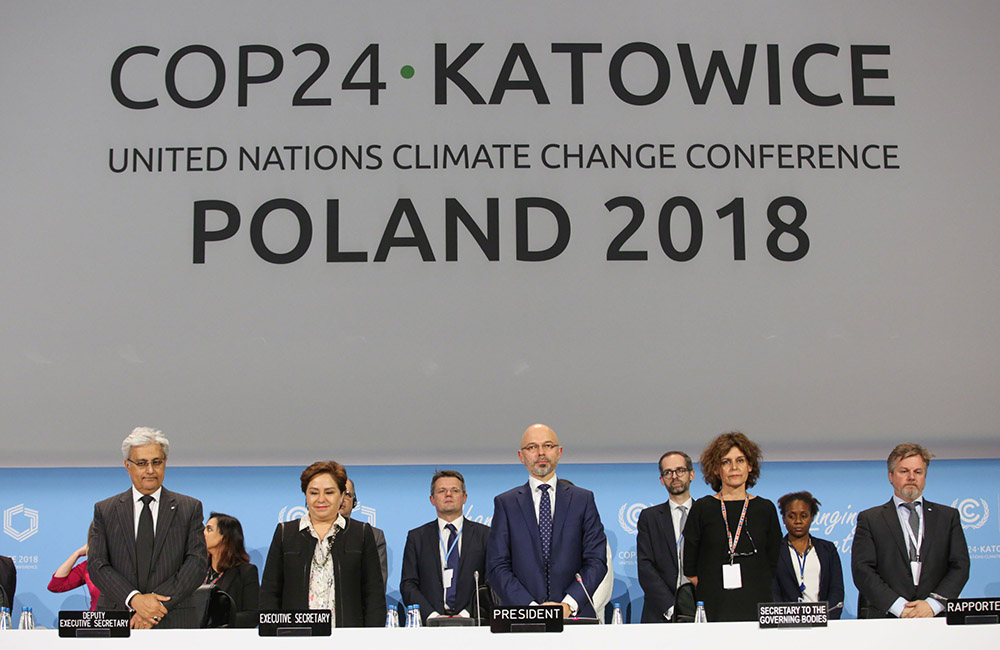
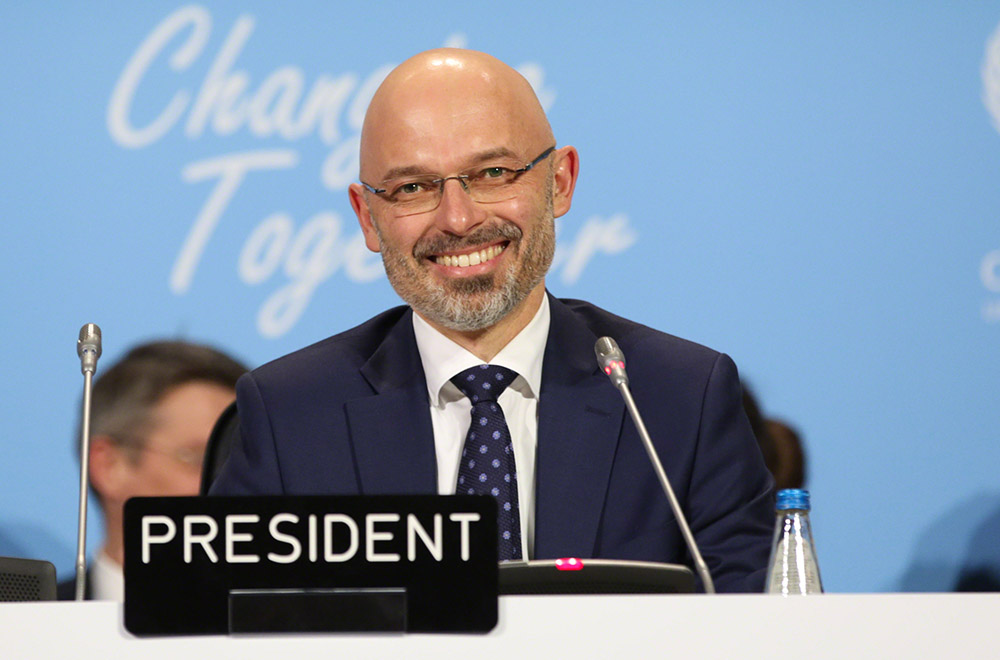
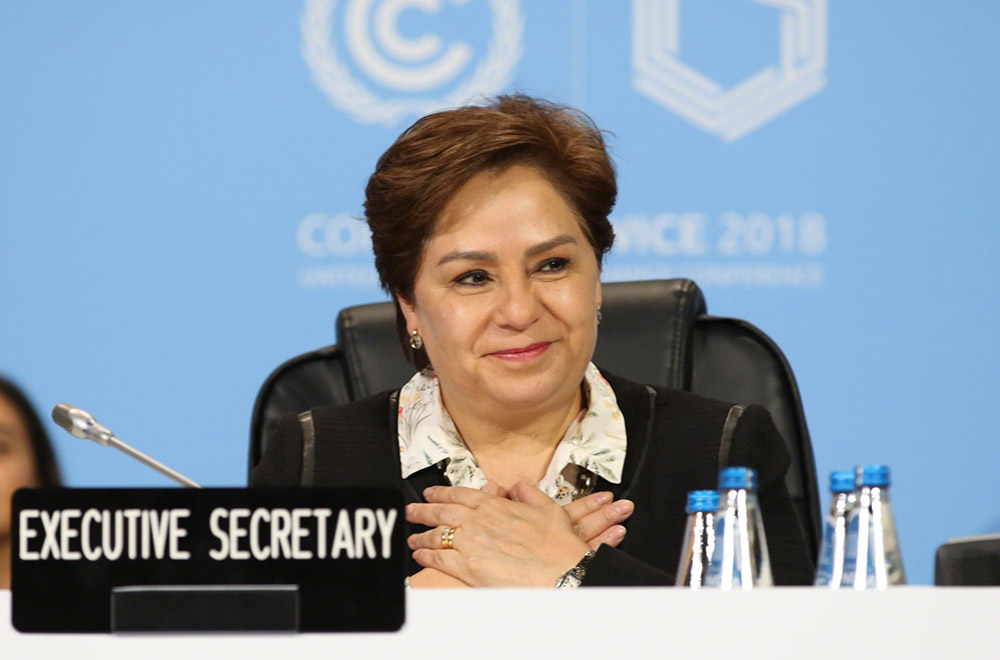
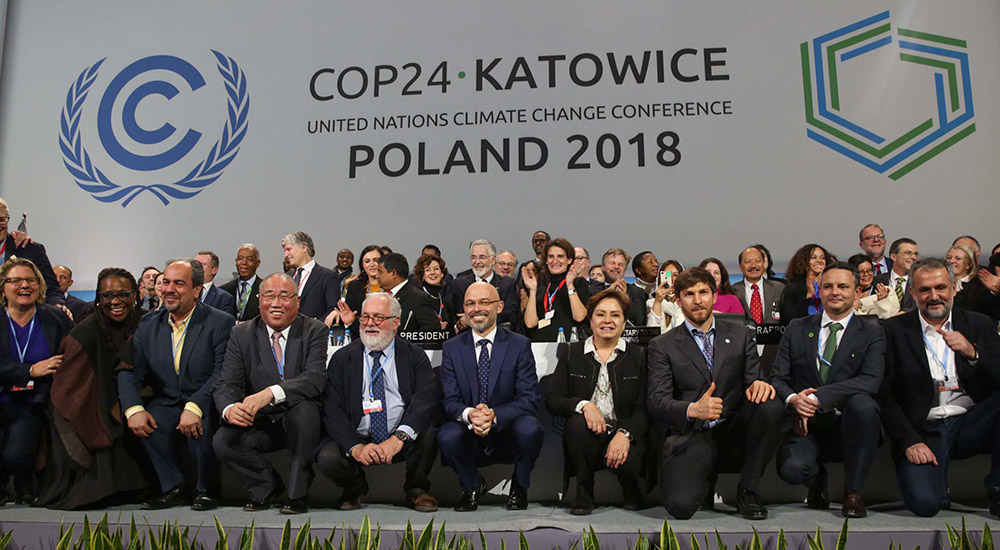
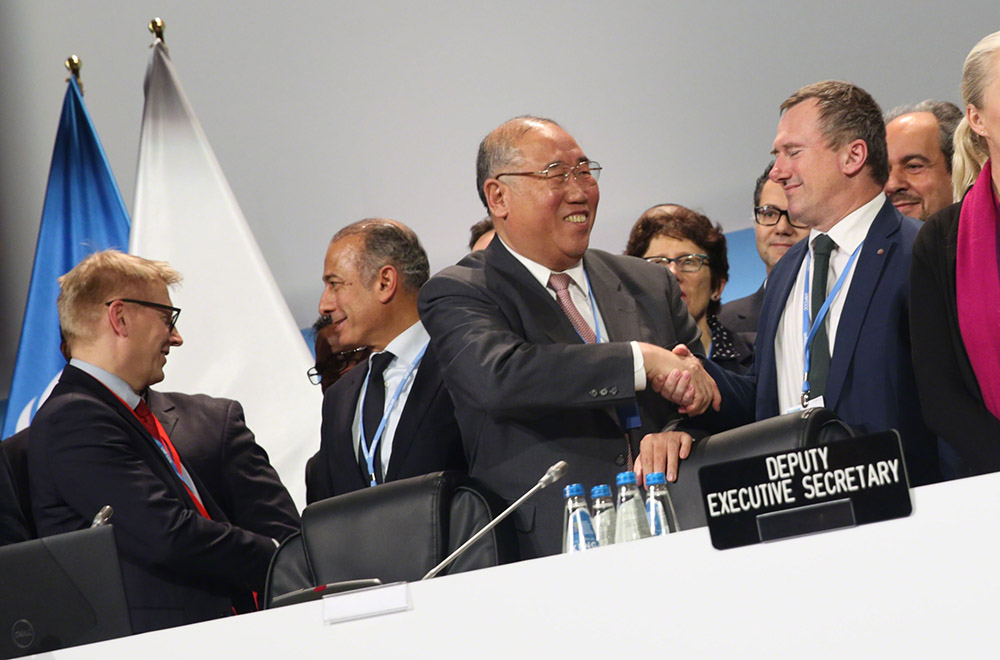
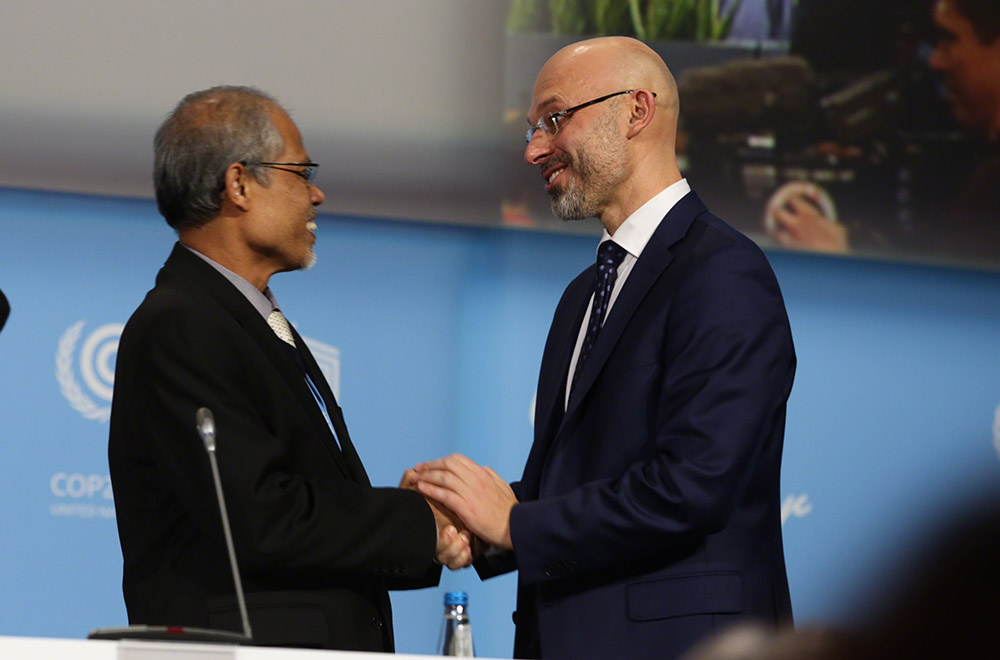
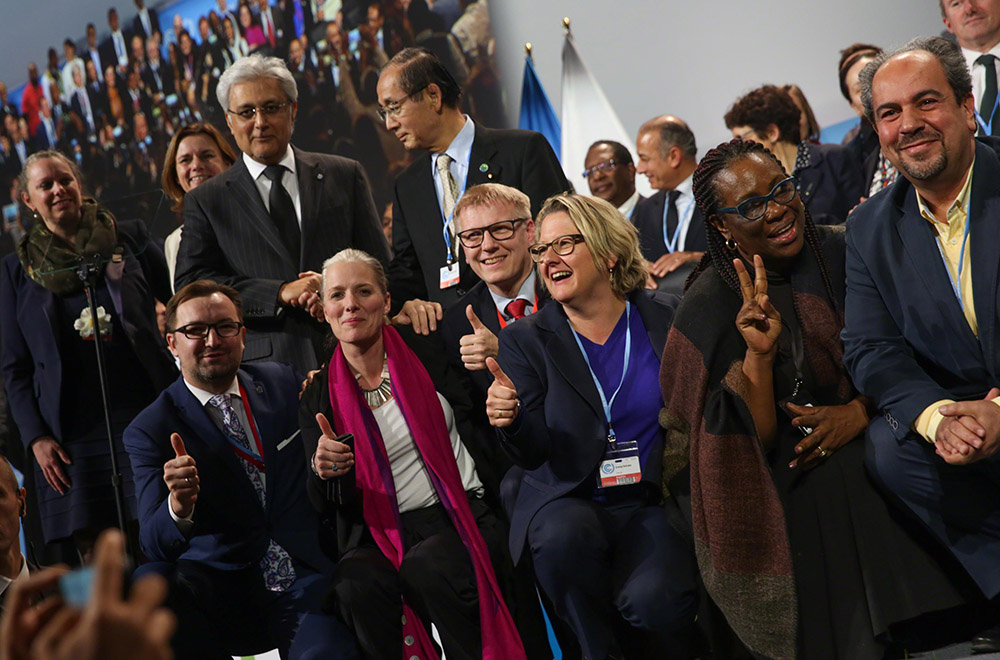
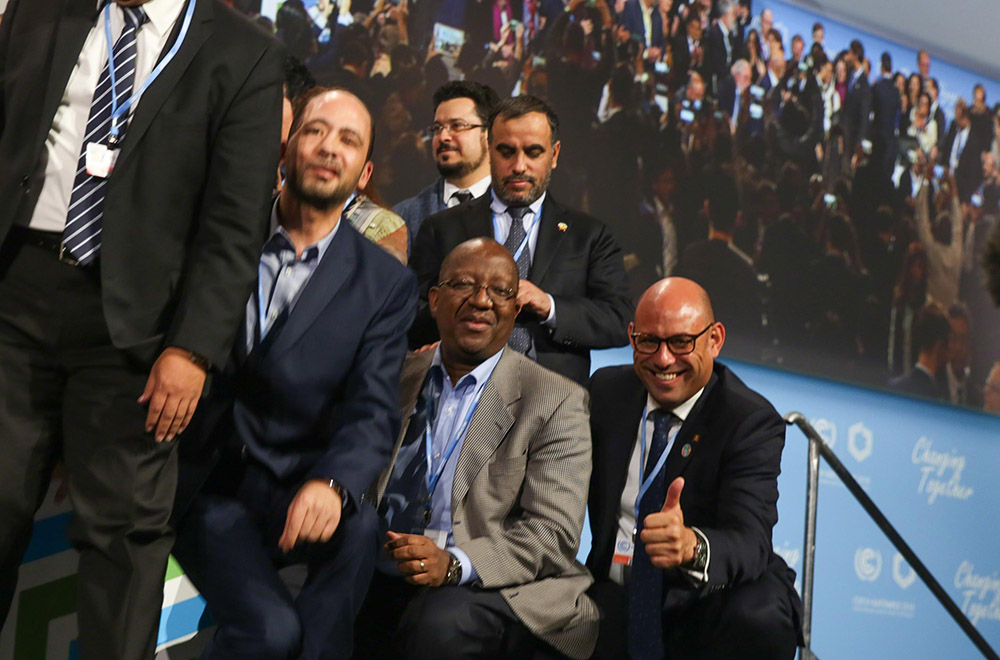
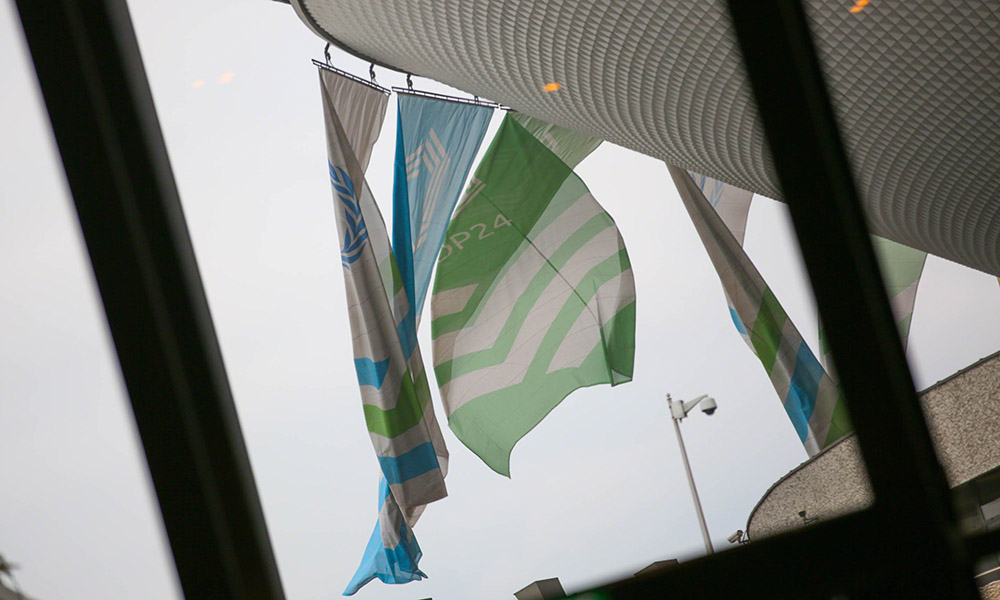
Highlights for Friday, 14 December 2018
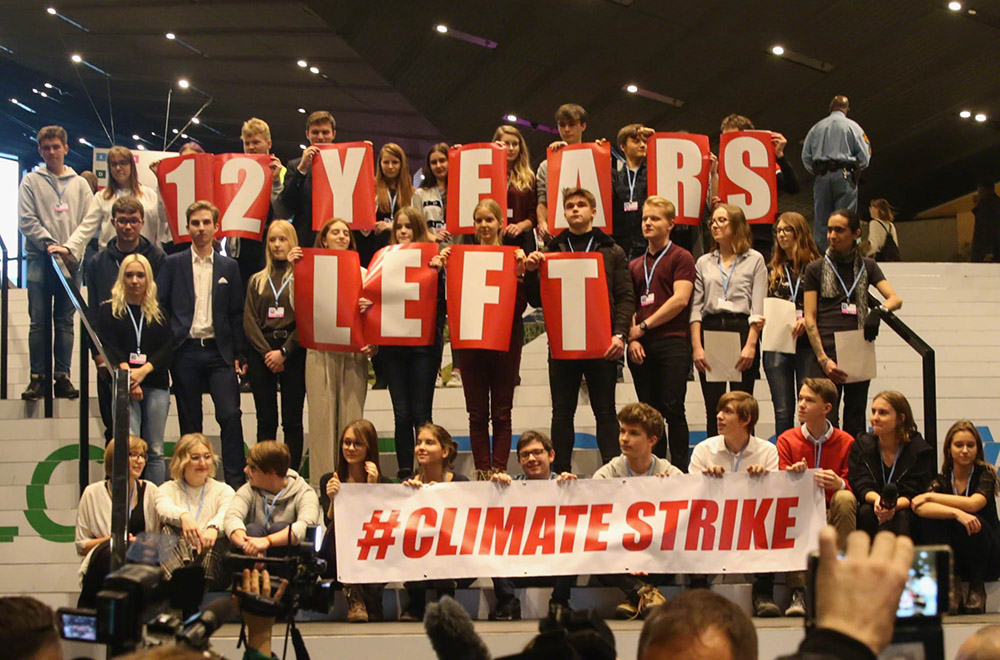
On Friday, the Katowice Climate Change Conference was scheduled to close. Delegates spent the day reviewing the latest iteration of text produced in the ministerial meeting, or Sejmik, that met throughout the day.
As of 9:30 pm, the meeting had yet to end.
+ Visit the web coverage for Friday, 14 December 2018
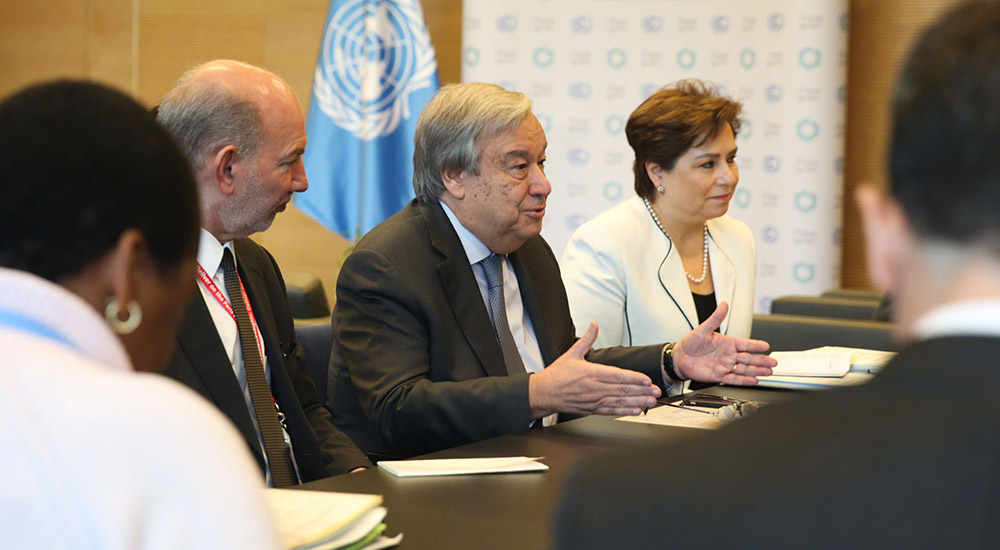
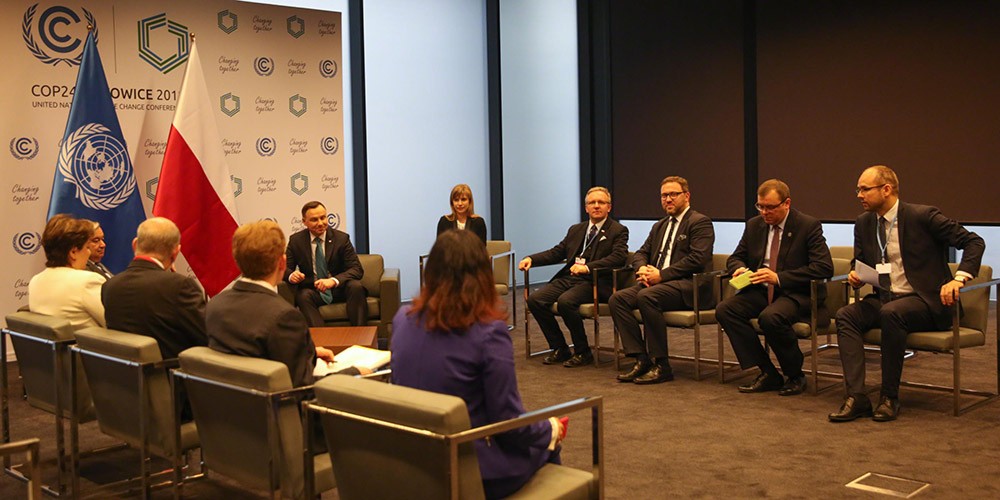
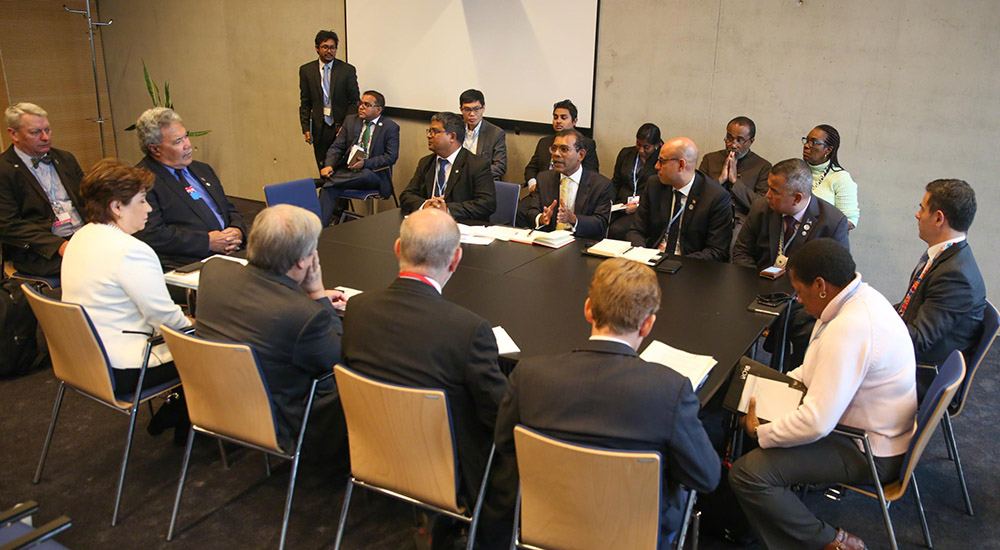
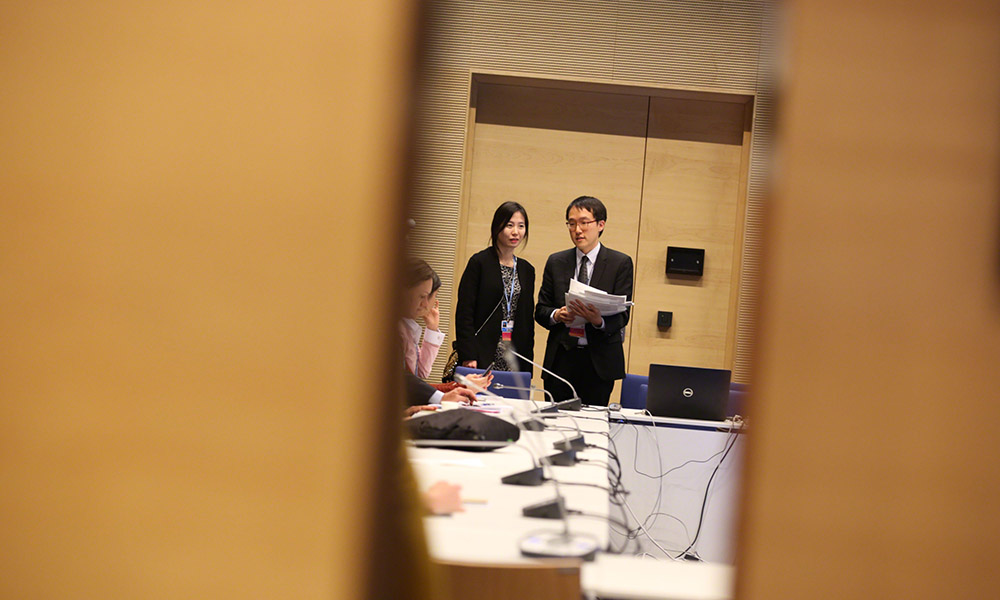
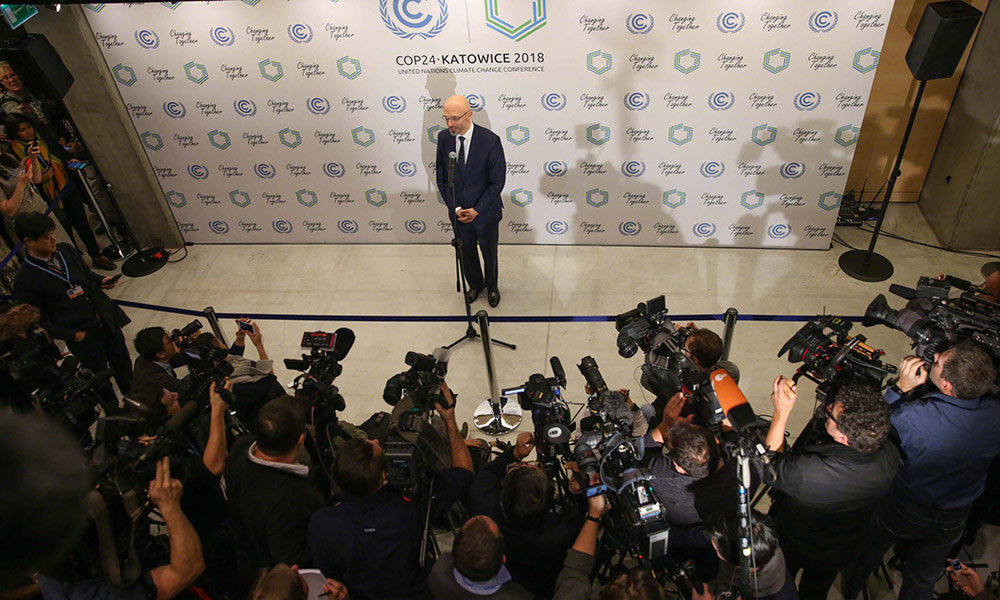
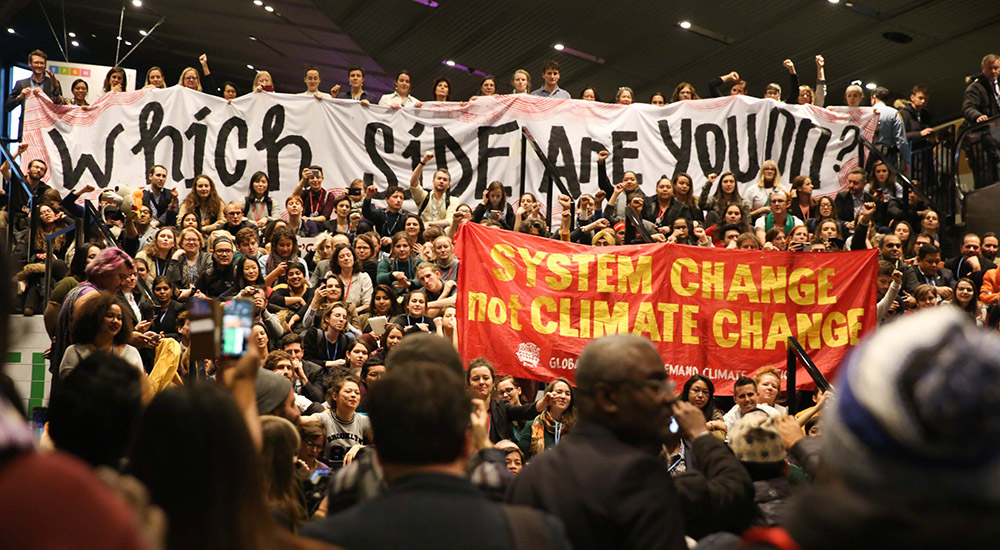
Highlights for Thursday, 13 December 2018
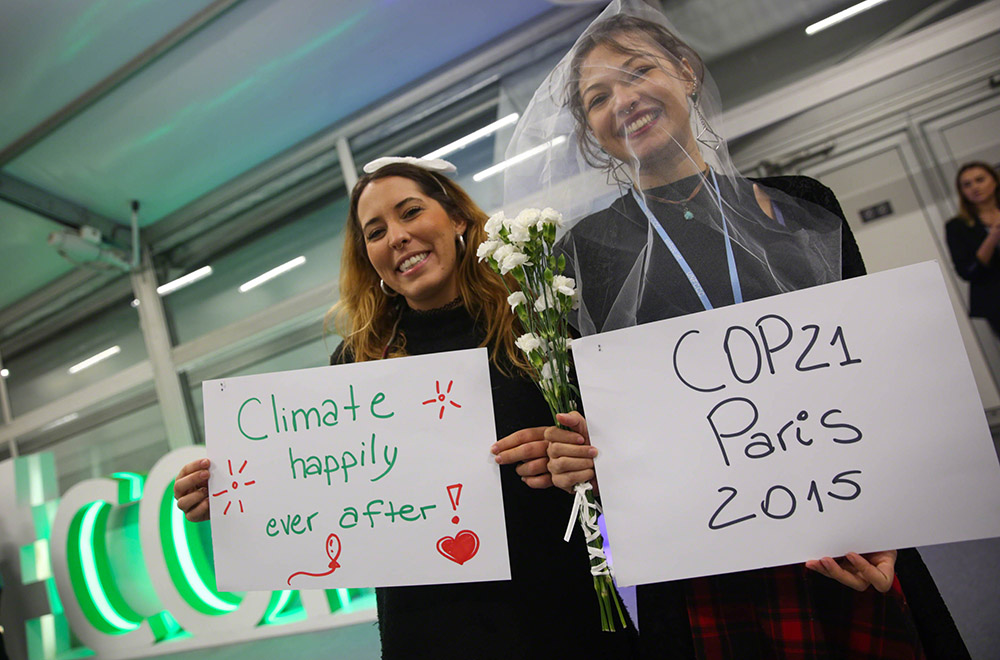
Posted by IISD Reporting Services on Thursday, 13 December 2018
The Katowice Climate Change Conference continued on Thursday. Most negotiations took place in ministerial or presidency-led consultations held throughout the day on many issues related to the Paris Agreement Work Programme (PAWP), including on the Talanoa Dialogue and IPCC Special Report on 1.5°C, mitigation / nationally determined contributions (NDCs), adaptation, transparency, and loss and damage.
In the afternoon, the COP Presidency convened a stocktaking plenary to appraise the state of the negotiations. COP 24 President Michał Kurtyka announced that a new text would be produced “as soon as possible,” and tabled to ministers. Kurtyka announced that, in honor of the 550th anniversary of the first meeting of the Polish Parliament, this meeting of ministers would be called a Sejmik.
The COP and CMP met to conclude items that are unrelated to the Paris Agreement Work Programme (PAWP). Negotiations continued in consultations on various issues into the night.
+ Visit the web coverage for Thursday, 13 December 2018
+ Read the ENB report for Thursday, 13 December 2018, in English (HTML or PDF format), in French (HTML or PDF format), or in Japanese (HTML or PDF format).
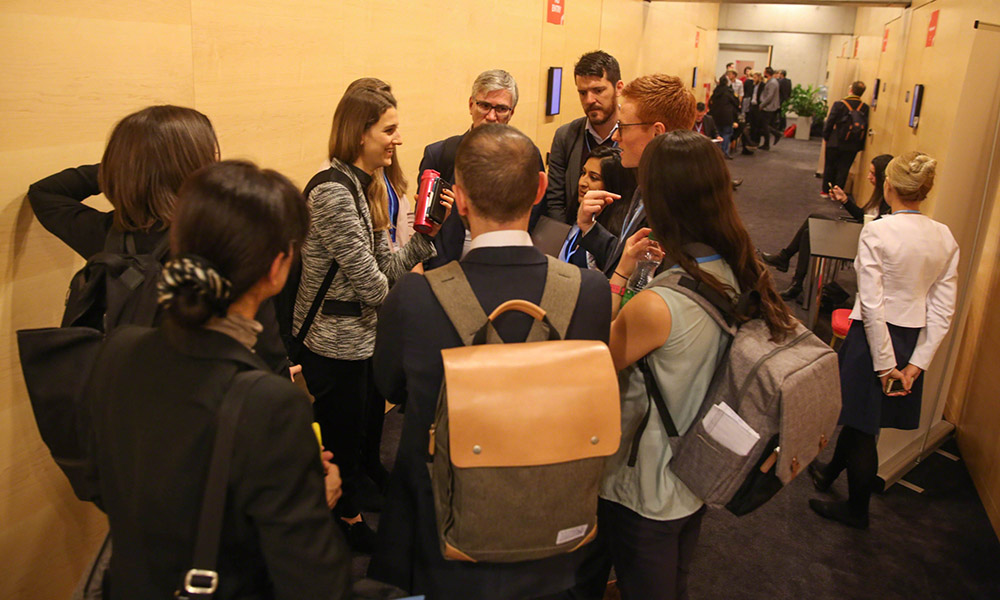
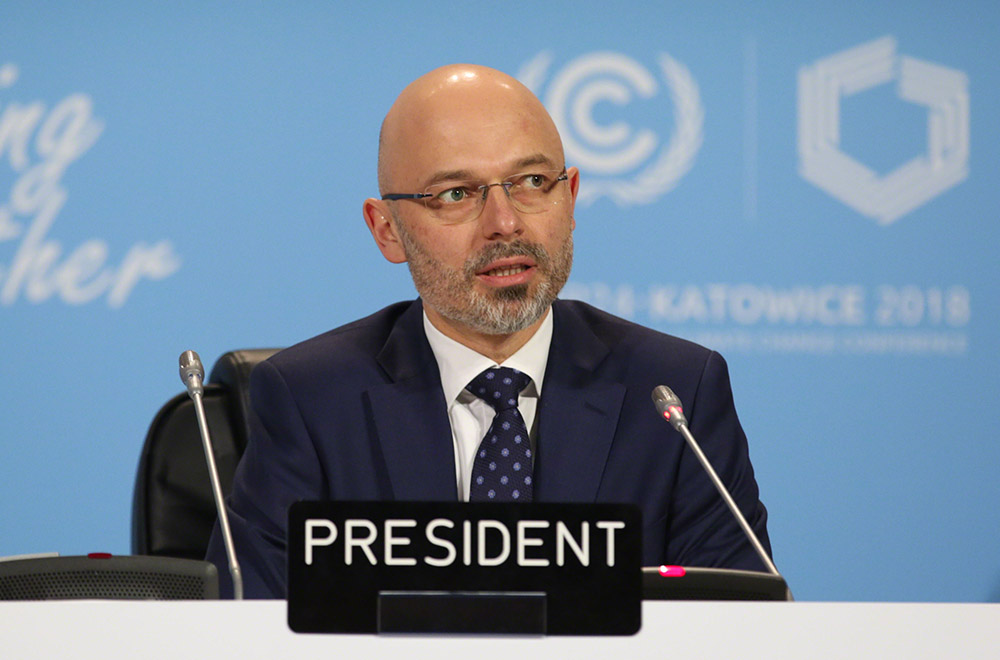
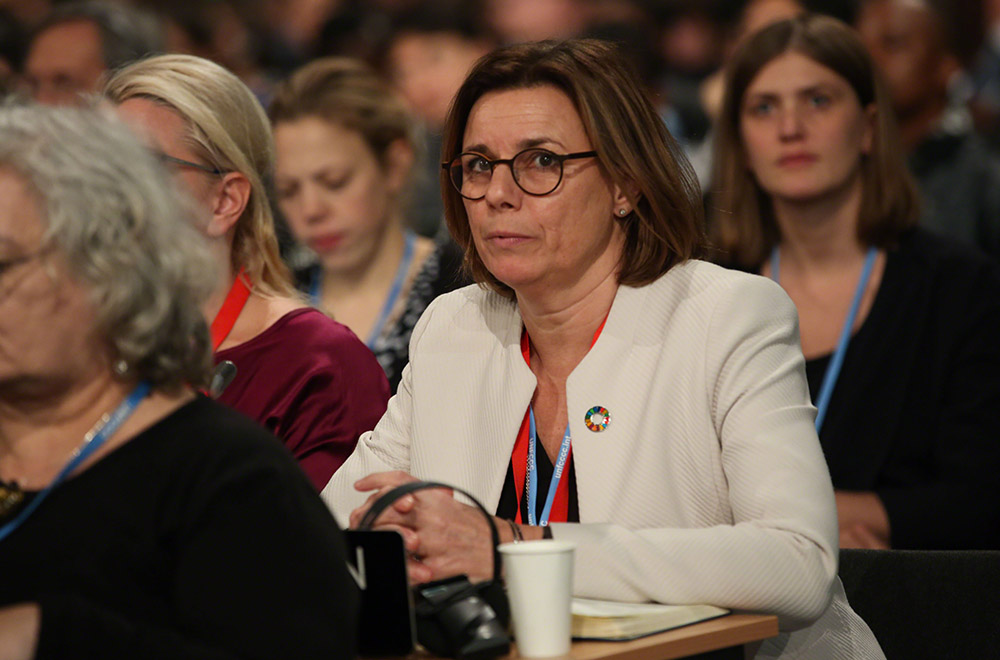
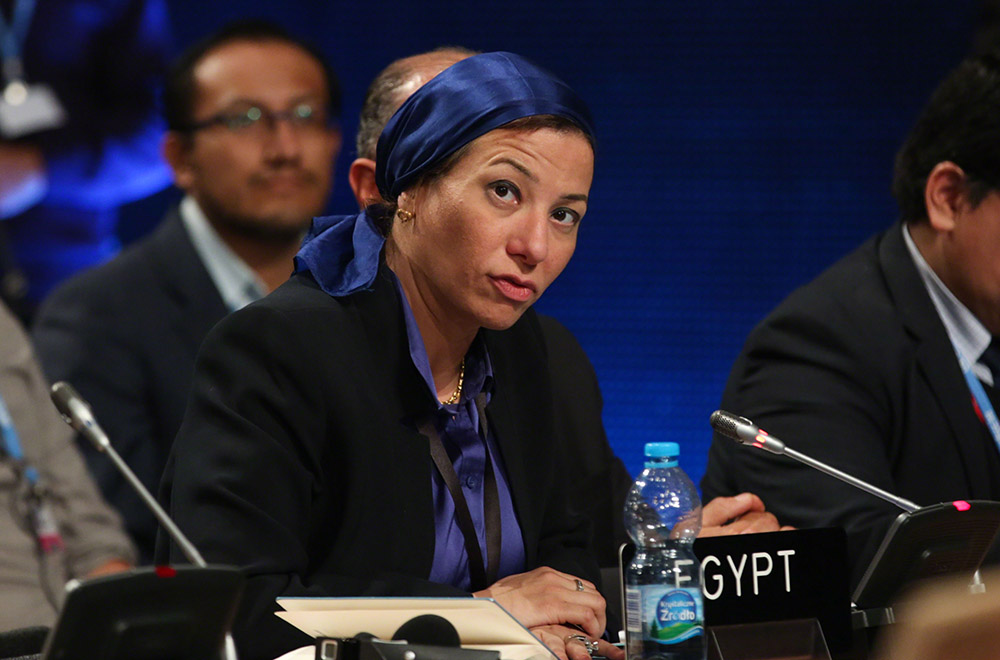
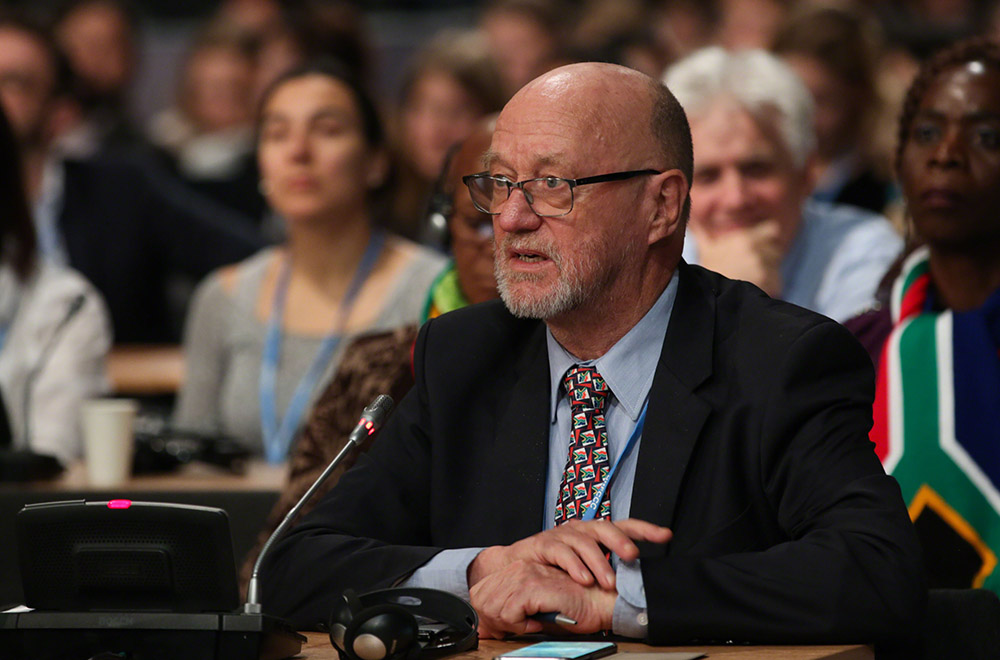
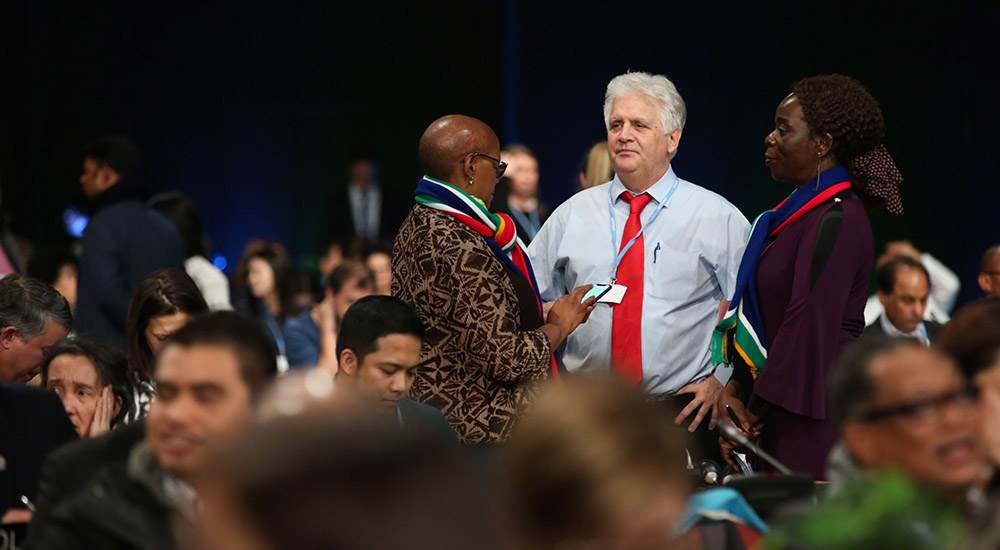
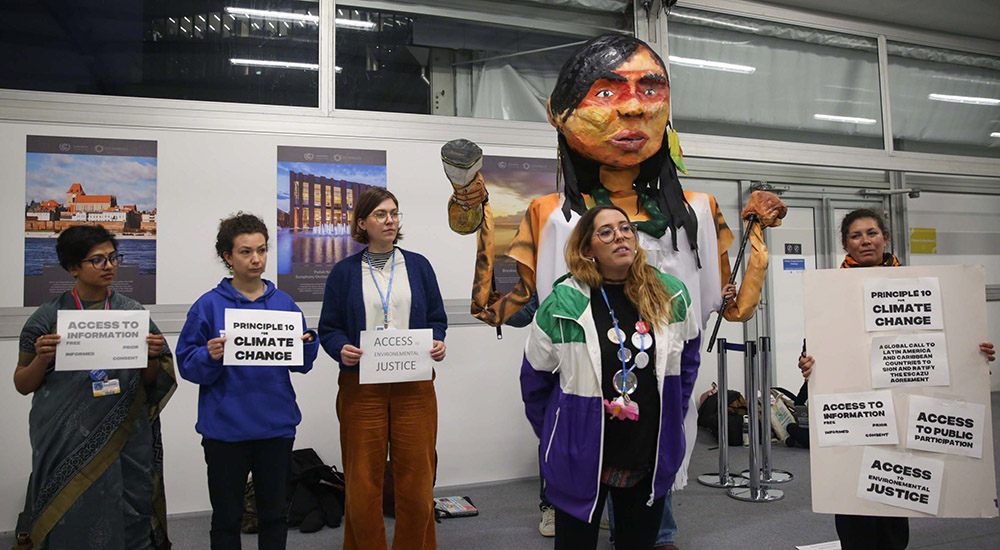
Highlights for Wednesday, 12 December 2018
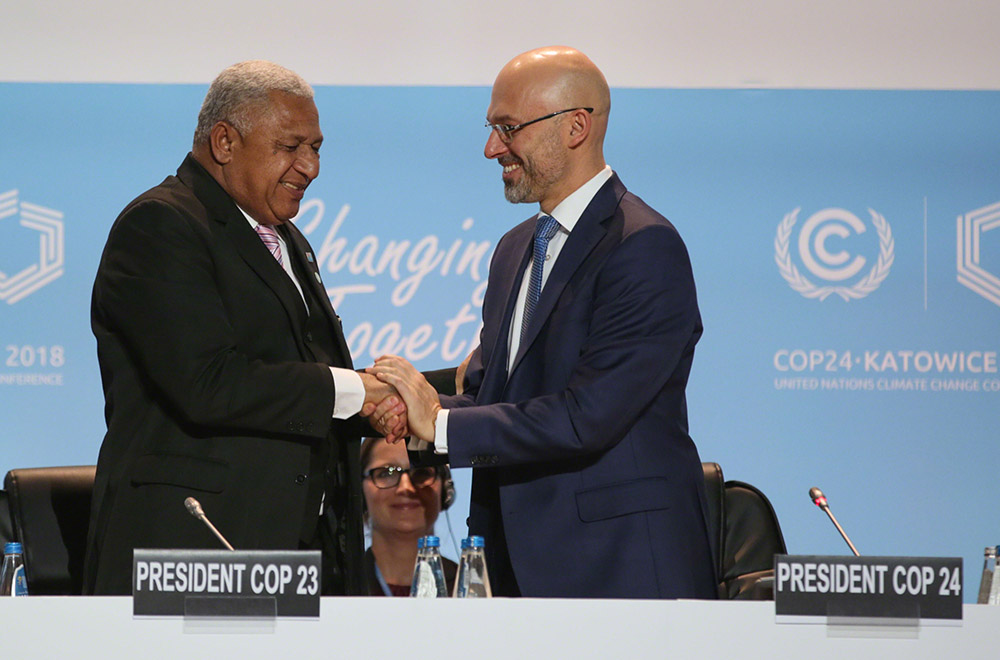
The Katowice Climate Change Conference continued on Wednesday, with most negotiations happening at the ministerial level. For some issues, ministers conducted open-ended consultations, while for others ministers and delegations engaged in more informal settings. The Presidency’s texts were released in the afternoon for most issues. In the evening, two heads of delegations meetings convened.
The Talanoa Dialogue concluded its political phase. UN Secretary-General António Guterres stated "it is time for consensus,” and called for “compromise, as our last best chance to stop run-away climate change." He further cautioned, that failing to do so would "not only be immoral, it would be suicidal.” At the conclusion of the Talanoa Dialogue, COP 23 President Frank Bainimarama and COP 24 President Michał Kurtyka launched the Talanoa Call for Action.
For more details on the day's events and to hear what delegates said in the corridors, see our daily Earth Negotiations Bulletin (ENB).
+ Visit the web coverage for Wednesday, 12 December 2018
+ Read the ENB report for Wednesday, 12 December 2018, in English (HTML or PDF format), in French (HTML or PDF format), or in Japanese (HTML or PDF format).
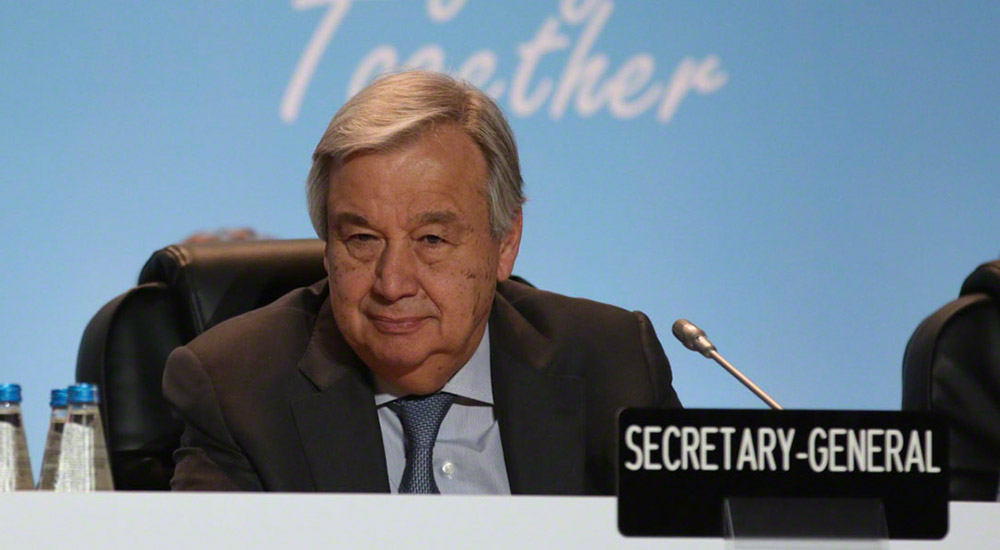
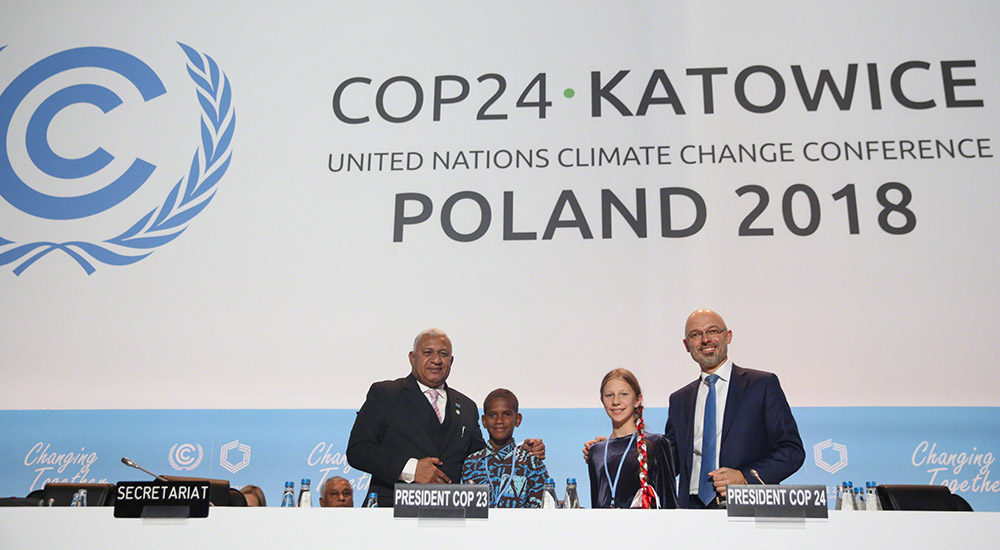
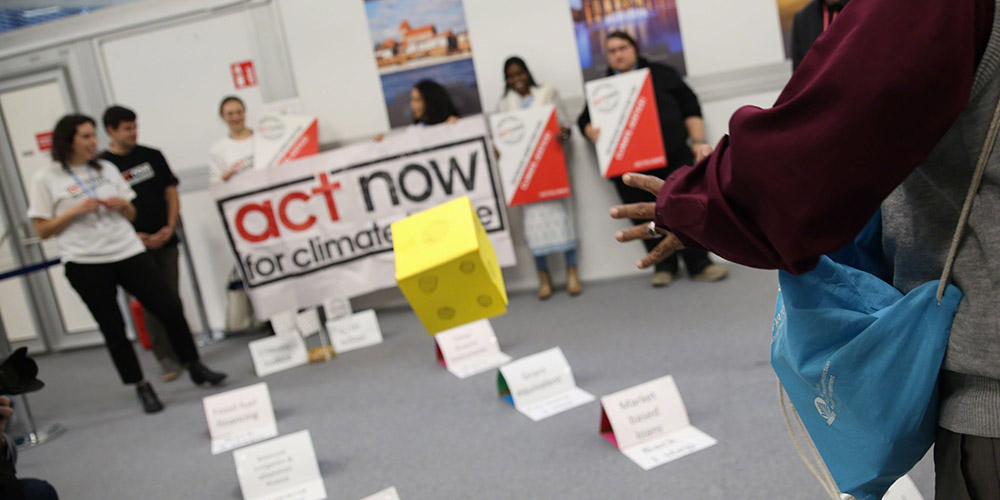
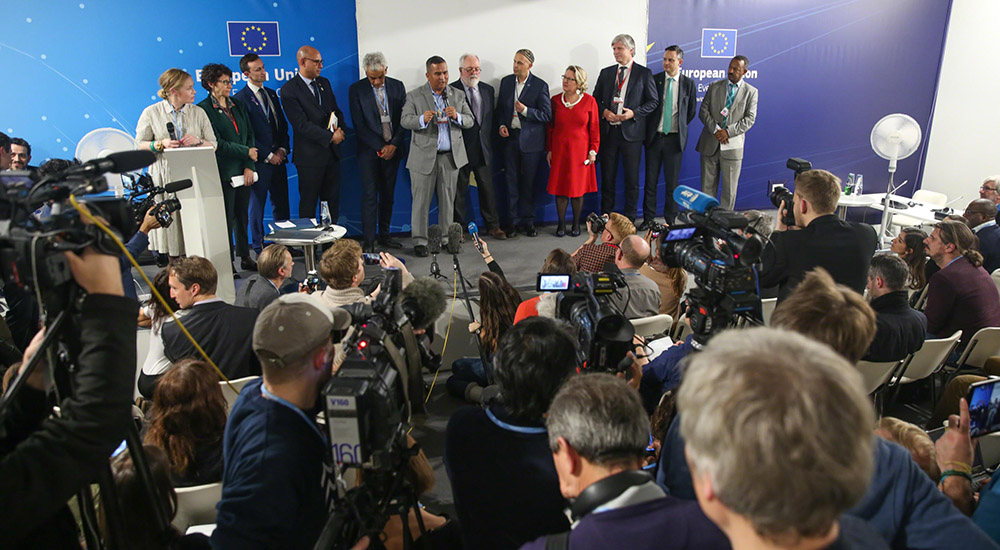
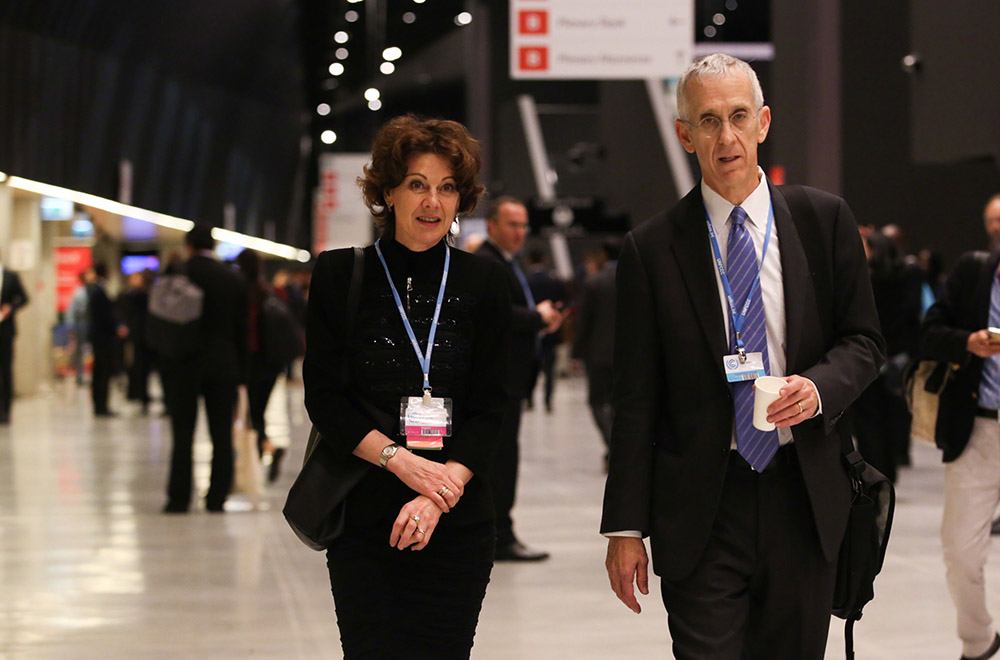
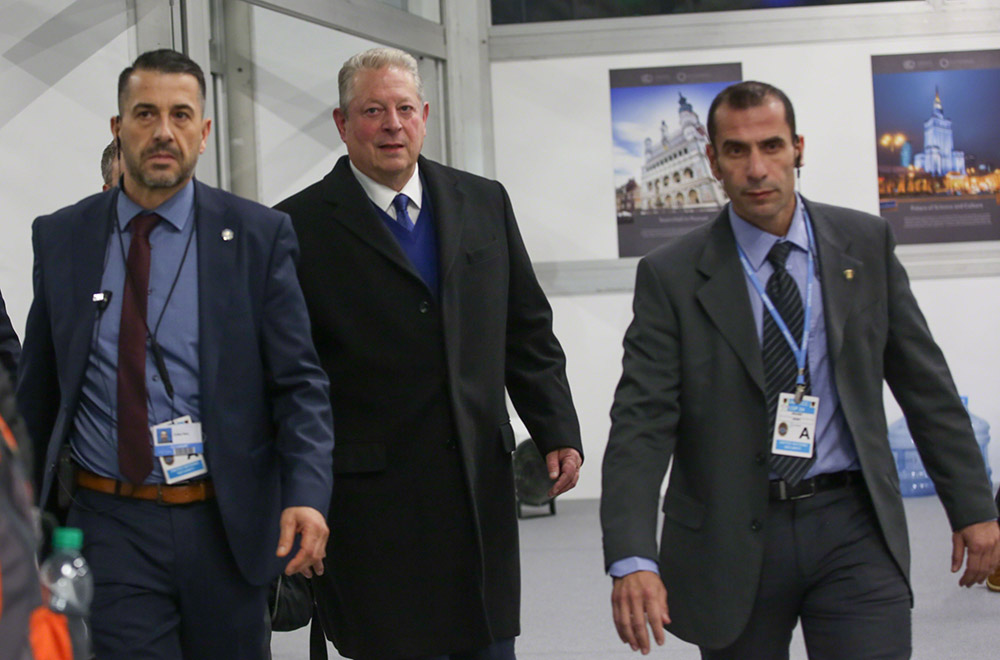
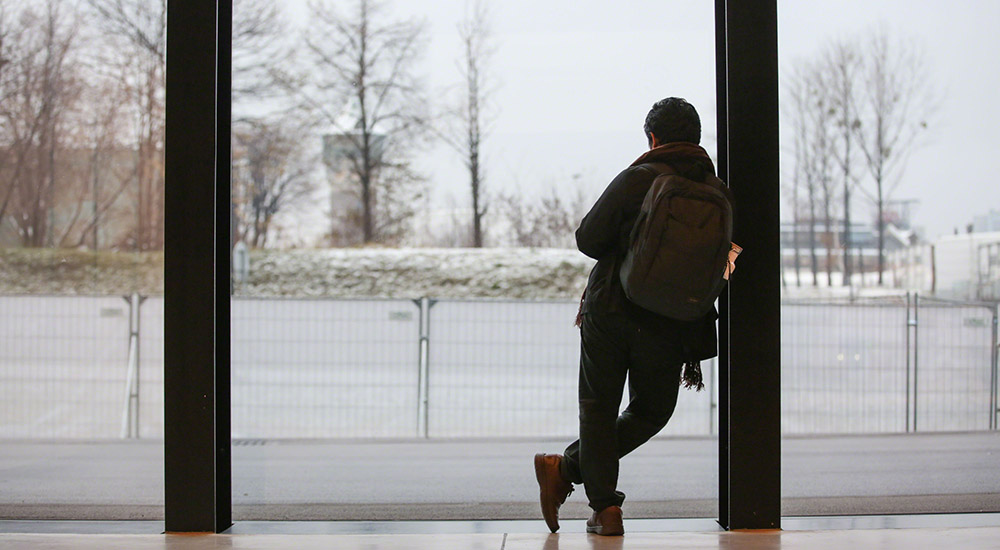
Highlights for Tuesday, 11 December 2018
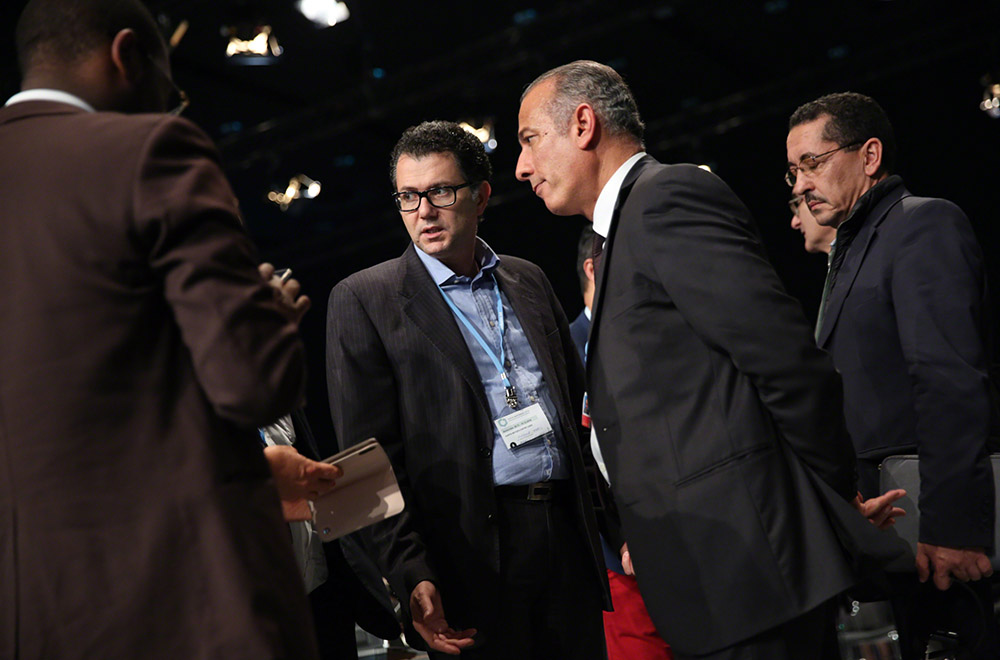
Posted by IISD Reporting Services on Wednesday, 12 December 2018
The Katowice Climate Change Conference continued on Tuesday, opening with the political phase of the Talanoa Dialogue. It met throughout the day in 21 ministerial roundtables, to share stories that could help raise climate ambition.
The Presidency continued to convene consultations on issues central to the Paris Agreement Work Programme (PAWP), including:
- Mitigation/nationally determined contributions (NDCs);
- Adaptation;
- Global stocktake;
- Technology;
- Agreement Article 6 (cooperative approaches);
- Implementation and compliance committee; and
- Response measures.
In the evening, COP 24 President Michał Kurtyka convened a stocktaking where he reported “insufficient progress.” With only three days of negotiations left, he appointed ministers to consult with parties to reach consensus on the outstanding issues.
For more details on the day's events and to hear what delegates said in the corridors, see our daily Earth Negotiations Bulletin (ENB).
+ Visit the web coverage for Tuesday, 11 December 2018
+ Read the ENB report for Tuesday, 11 December 2018, in English (HTML or PDF format), in French (HTML or PDF format), or in Japanese (HTML or PDF format).
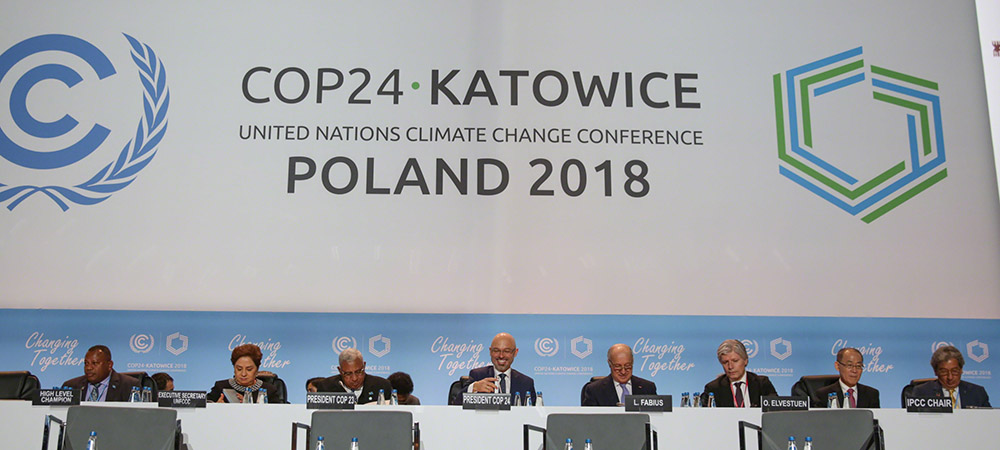
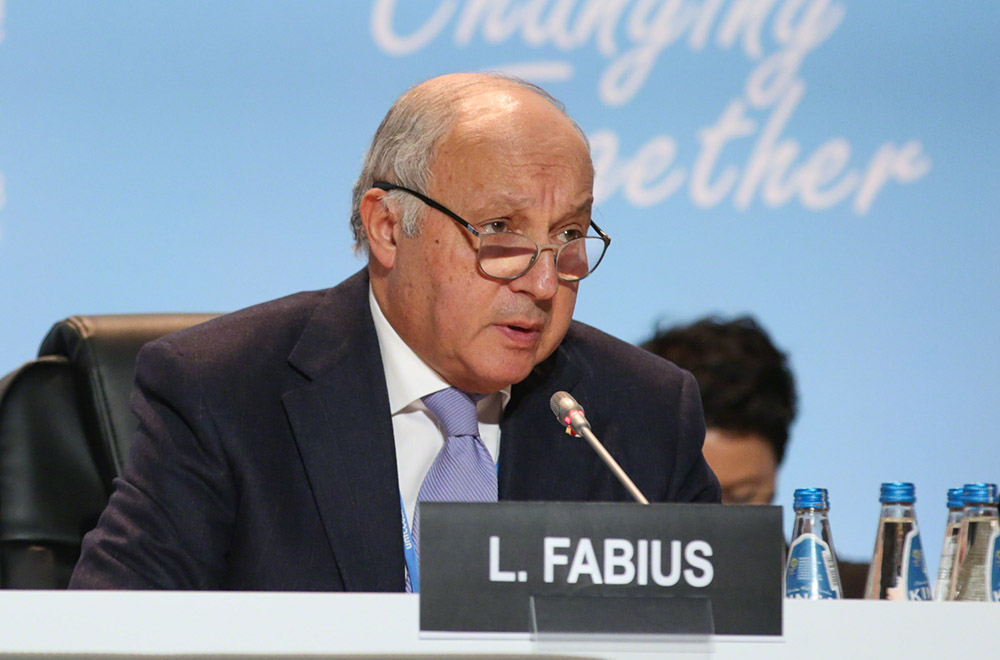
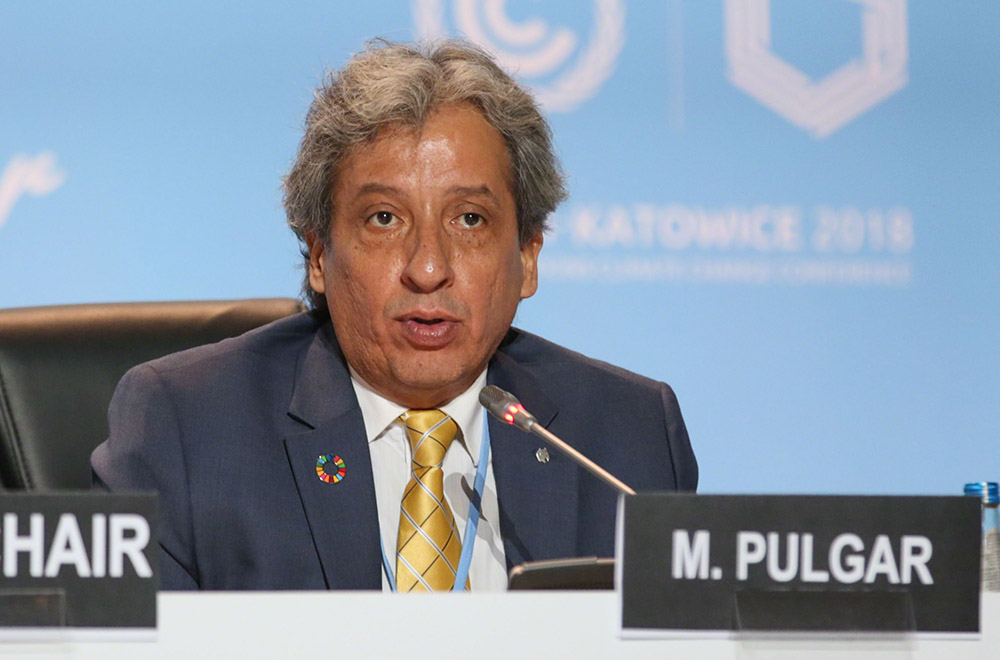

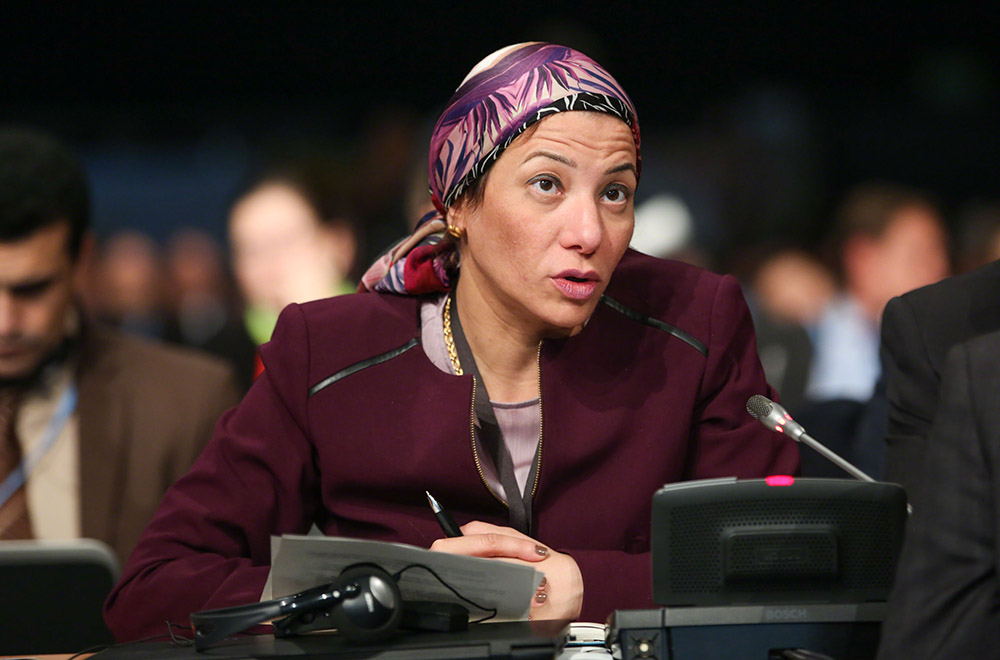
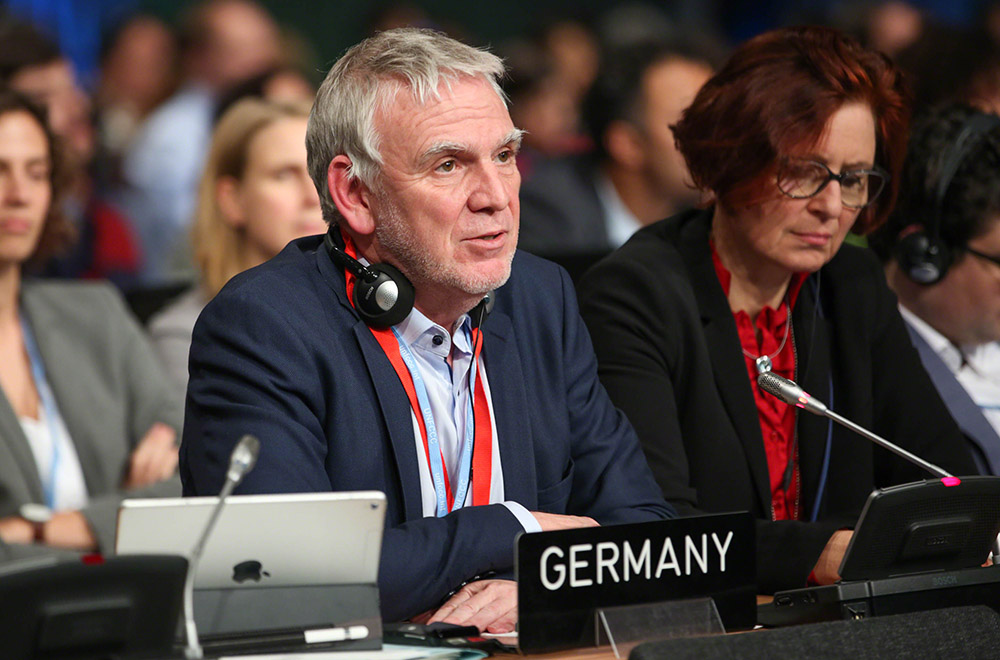
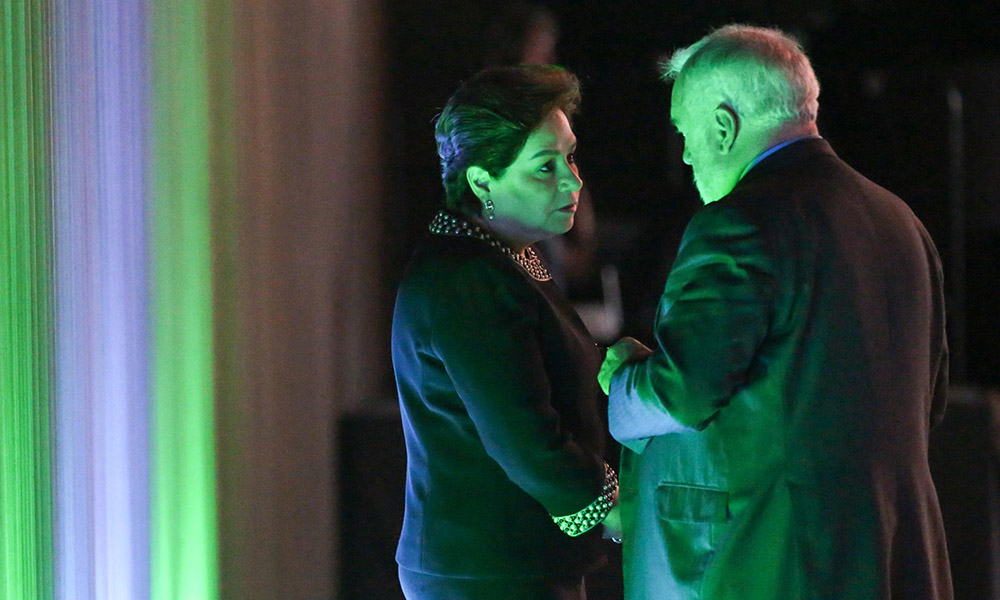
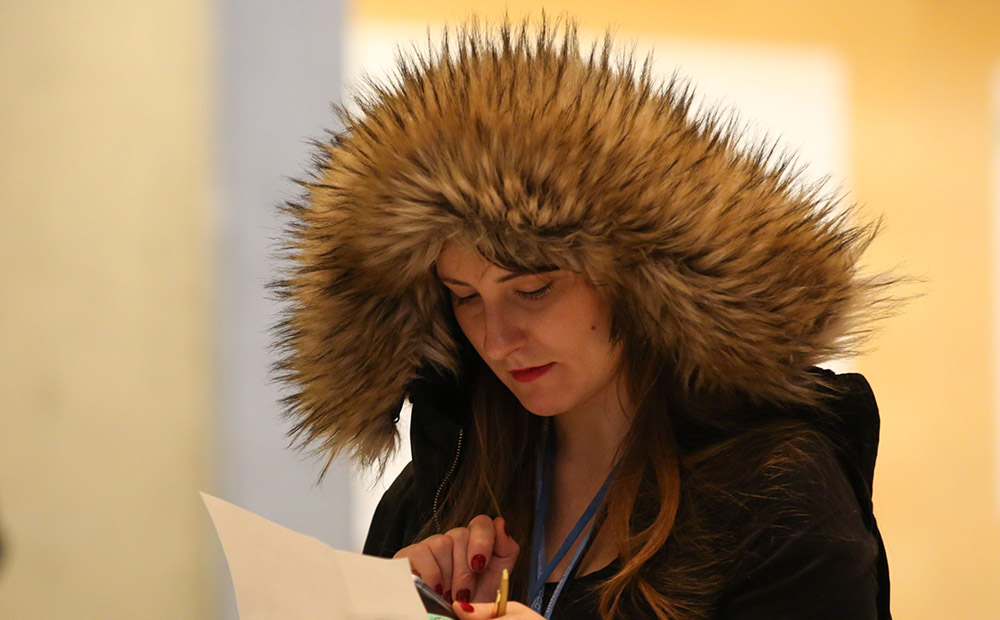
Highlights for Monday, 10 December 2018
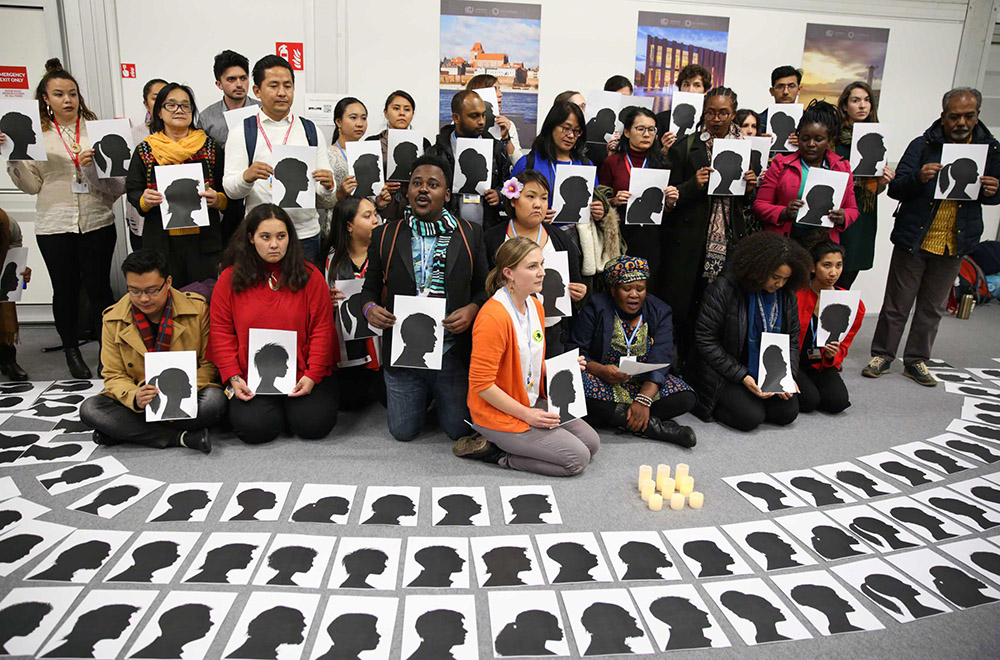
Posted by IISD Reporting Services on Tuesday, 11 December 2018
As the Katowice Climate Change Conference began its second week, ministers and negotiators engaged in discussions on climate action before 2020 and climate finance. Throughout the day, the COP Presidency held dialogues with parties on several issues central to the Paris Agreement Work Programme (PAWP), including:
- Transparency;
- Cooperative approaches (such as the market mechanism);
- Finance;
- Global stocktake;
- Response measures;
- Compliance;
- Mitigation / nationally determined contributions (NDCs);
- Adaptation; and
- Technology.
For more details on the day's events and to hear what delegates said in the corridors, see our daily Earth Negotiations Bulletin (ENB).
+ Visit the web coverage for Monday, 10 December 2018
+ Read the ENB report for Monday, 10 December 2018, in English (HTML or PDF format), in French (HTML or PDF format), or in Japanese (HTML or PDF format).
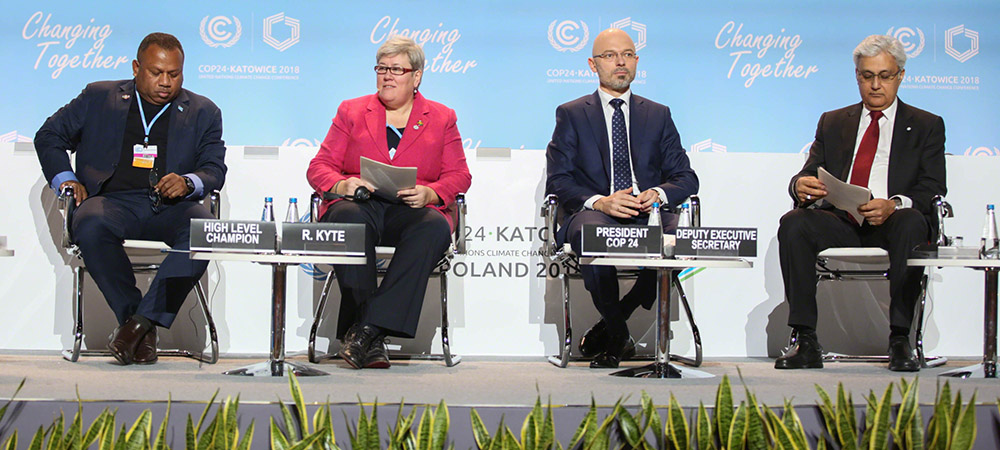
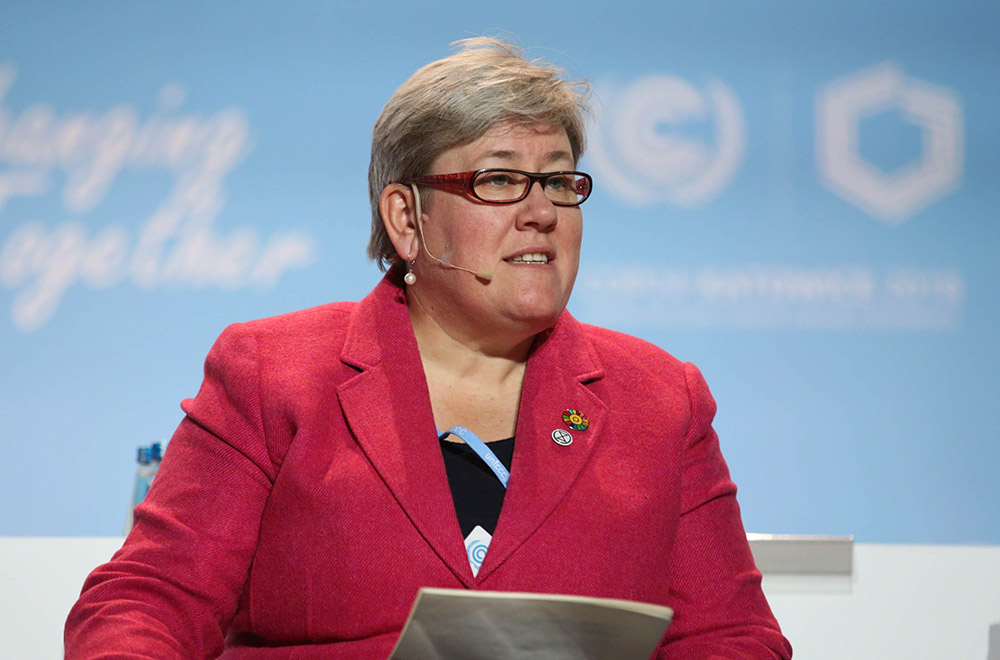
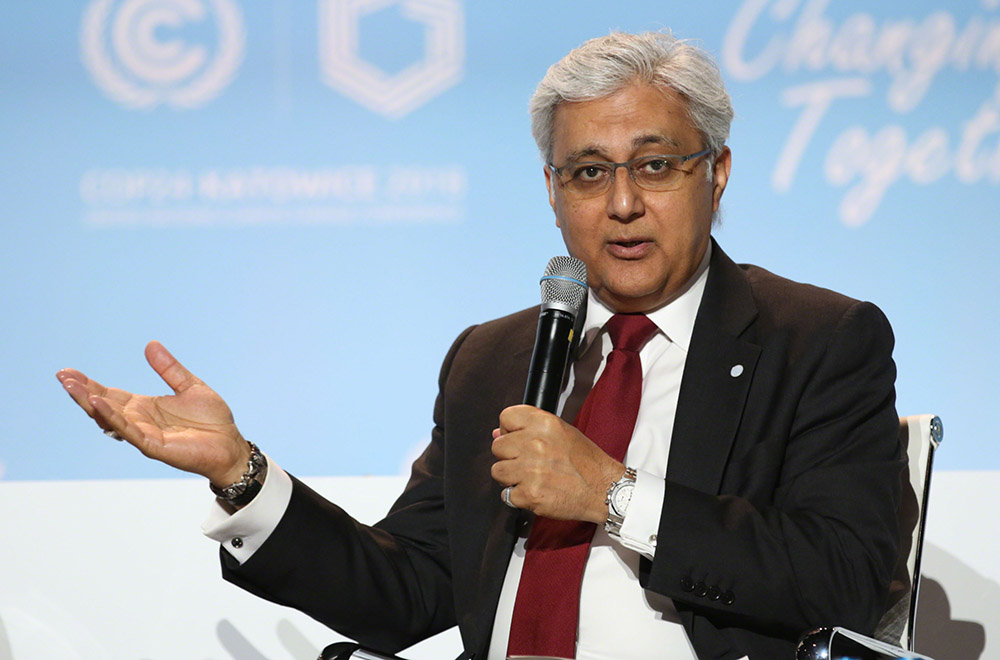
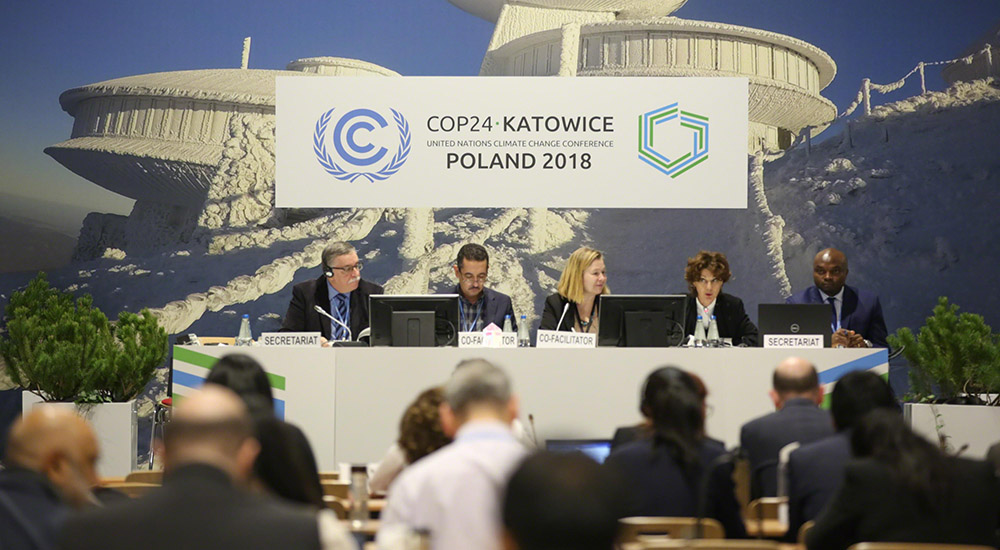
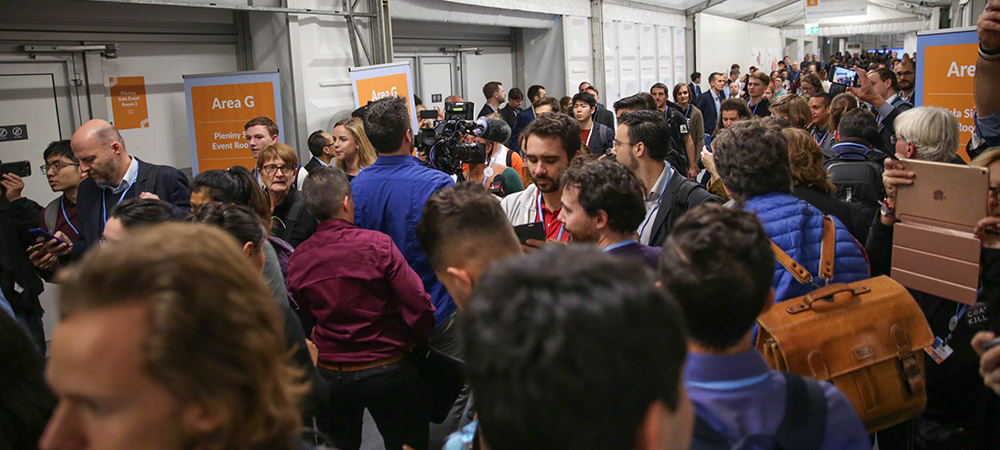
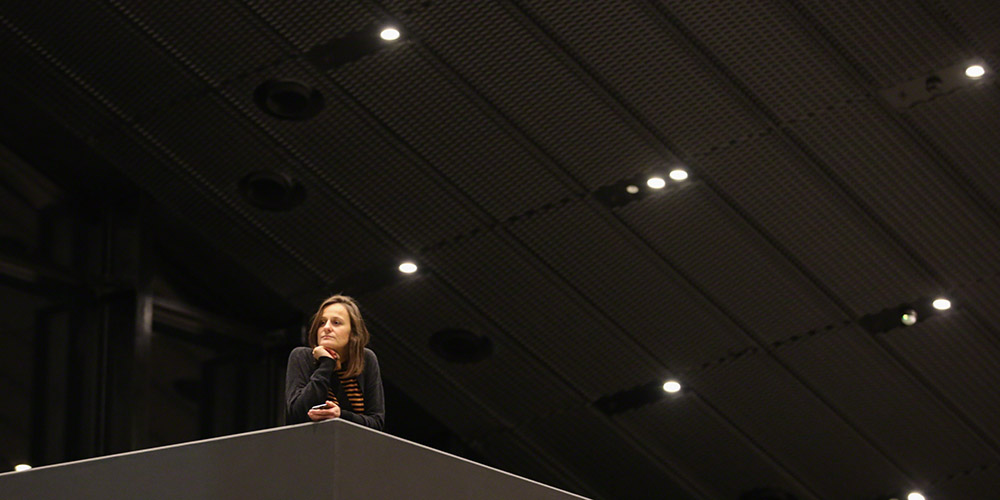
Highlights for Saturday, 8 December 2018
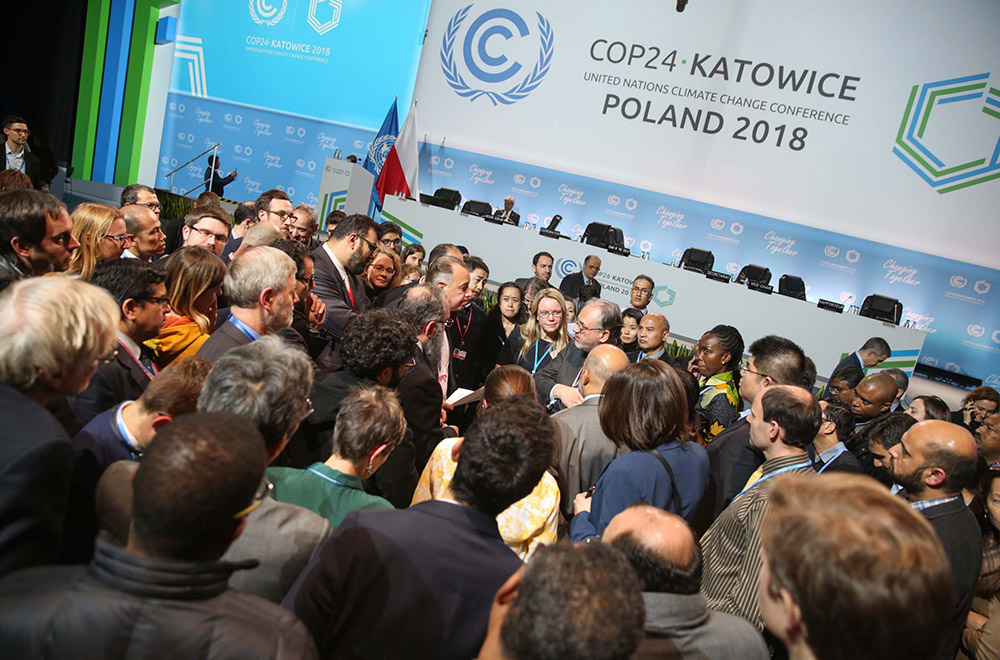
Posted by IISD Reporting Services on Sunday, 9 December 2018
The Katowice Climate Change Conference concluded its first week on Saturday. Each of the subsidiary bodies held their closing plenaries and forwarded work related to the Paris Agreement Work Programme (PAWP) to the COP for further work during the second week of the conference.
Decisions for several other issues were finalized and sent for adoption by the COP, CMP, and CMA, including a decision on the Local Communities and Indigenous Peoples’ Platform, which establishes a Facilitative Working Group, with equal representation of parties and indigenous peoples.
On the Intergovernmental Panel on Climate Change’s Special Report on Global Warming of 1.5°C, delegates were unable to agree whether they “welcomed” or “noted” the report. Many countries called attention to how the Special Report outlined the impacts of climate change, and supported the work of the IPCC, urging welcoming the report.
As the subsidiary bodies finished their work, Sarah Baashan, Co-Chair of the Ad Hoc Working Group for the Paris Agreement (APA) said: "We have seen how a small group of people can achieve a great difference in the fight against global change."
Next week, discussions will continue, and many expect the ministers to help make political choices that can unlock persistent disagreements in the PAWP.
For more details on the day's events and to hear what delegates said in the corridors, see our daily Earth Negotiations Bulletin (ENB).
+ Visit the web coverage for Saturday, 8 December 2018
+ Read the ENB report for Saturday, 8 December 2018, in English (HTML or PDF format), in French (HTML or PDF format), or in Japanese (HTML or PDF format).
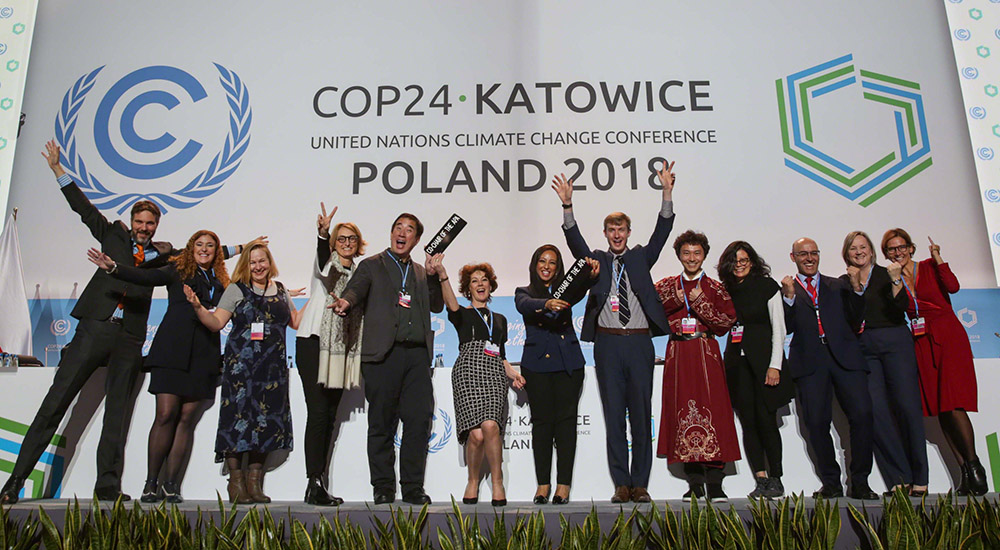
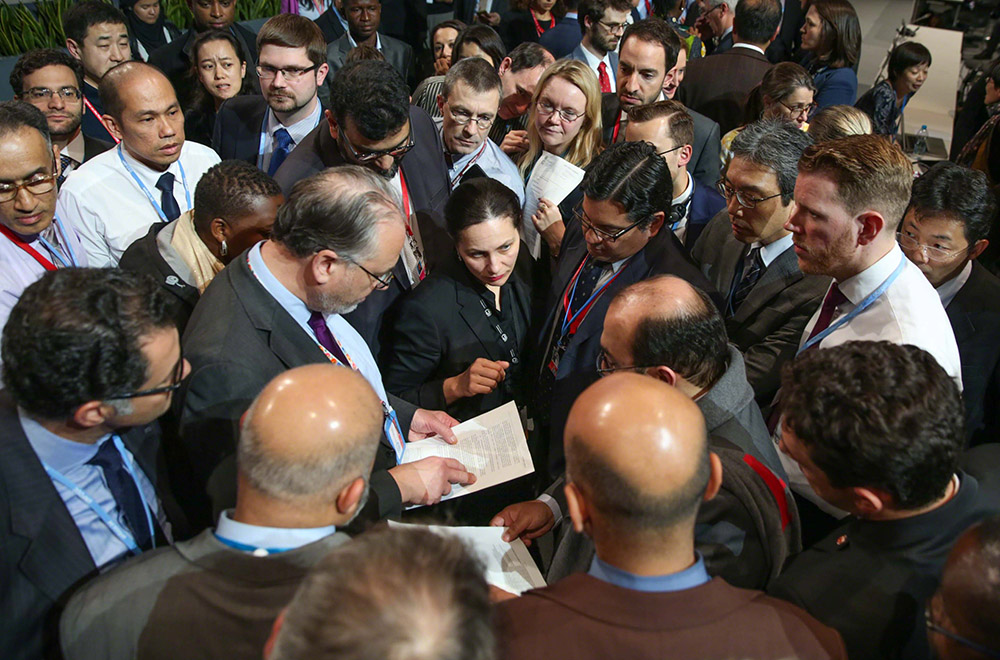
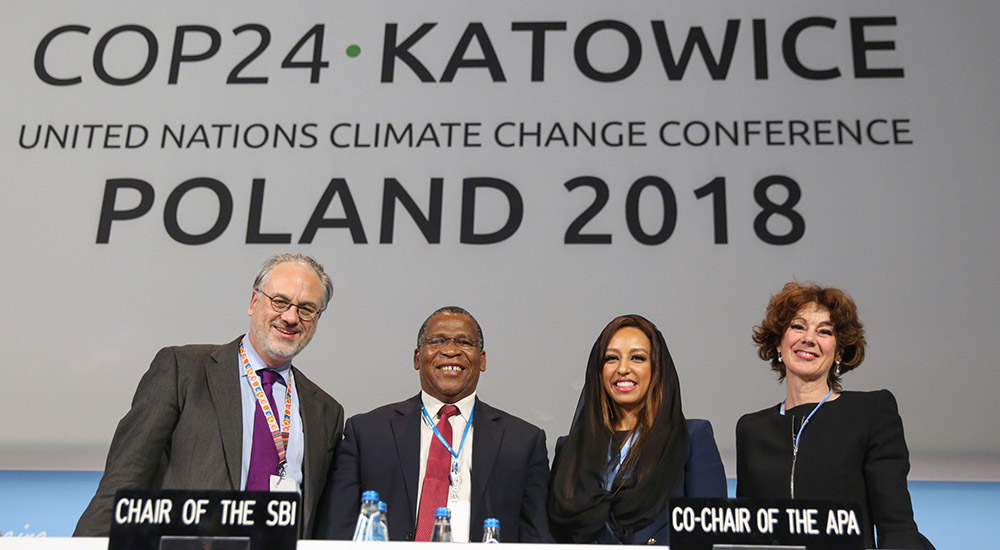
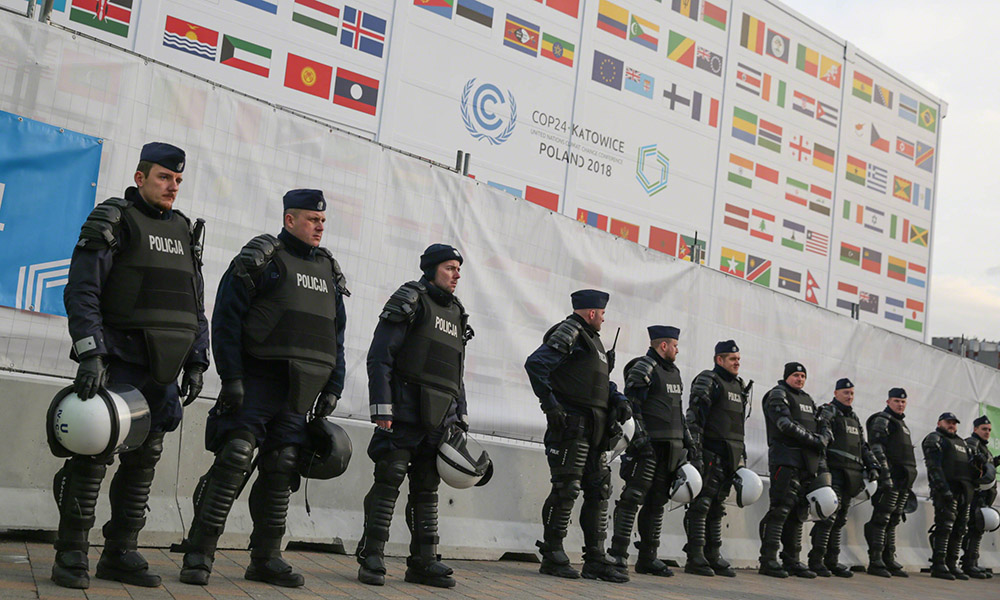
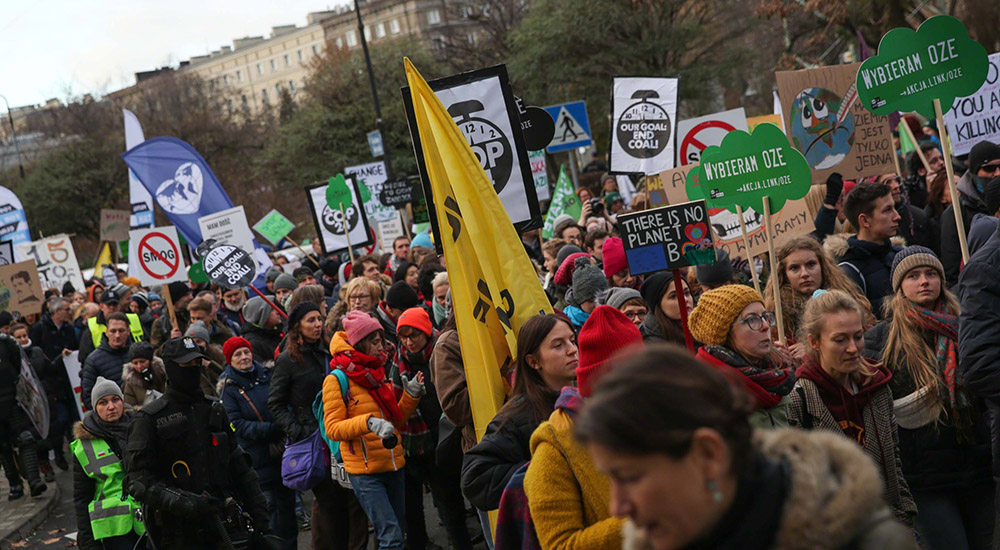
Highlights for Friday, 7 December 2018
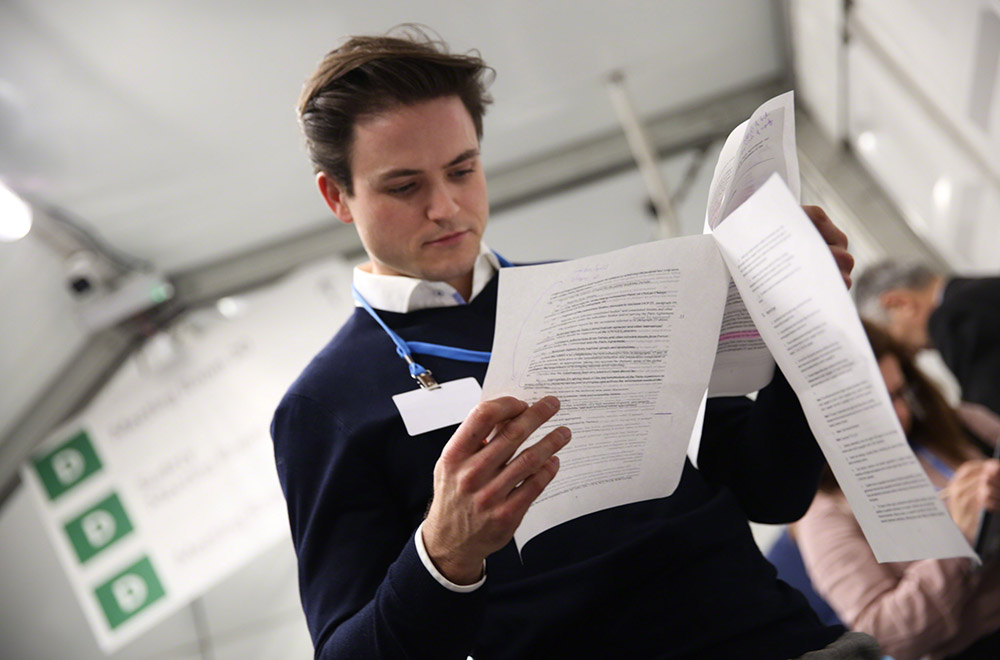
Posted by IISD Reporting Services on Saturday, 8 December 2018
The Katowice Climate Change Conference continued in informal consultations throughout the day, focusing on the issues related to the Paris Agreement Work Programme (PAWP). Under the Ad Hoc Working Group for the Paris Agreement (APA), parties discussed the new texts issued by the APA Co-Chairs. The APA met in a stocktaking session in the evening, where the Co-Chairs announced that they would issue a new iteration of draft text in the morning of Saturday, 8 December. With one day left for the technical round of negotiations, several delegations worked to ensure that their preferred options were reflected in the texts before more politically-focused negotiations convene in the second week of the conference.
For more details on the day's events and to hear what delegates said in the corridors, see our daily Earth Negotiations Bulletin (ENB).
+ Visit the web coverage for Friday, 7 December 2018
+ Read the ENB report for Friday, 7 December 2018, in English (HTML or PDF format), in French (HTML or PDF format), or in Japanese (HTML or PDF format).
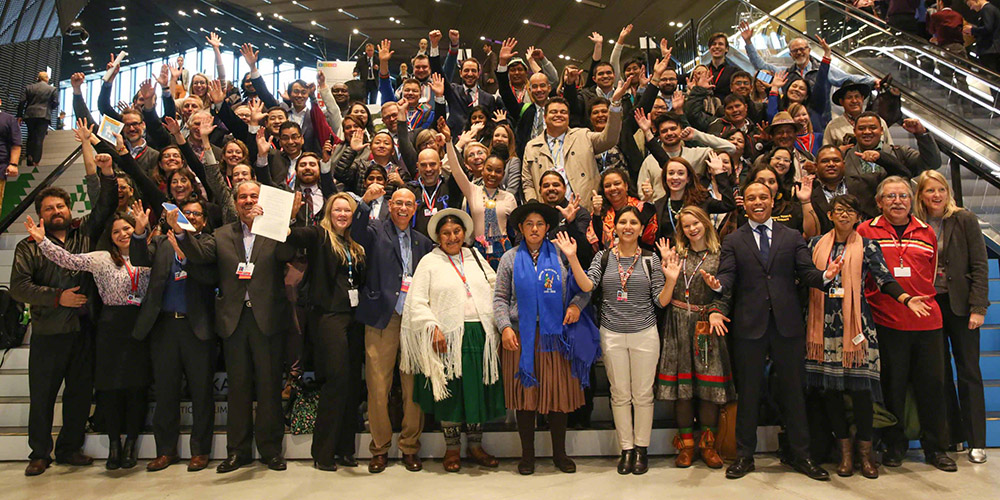
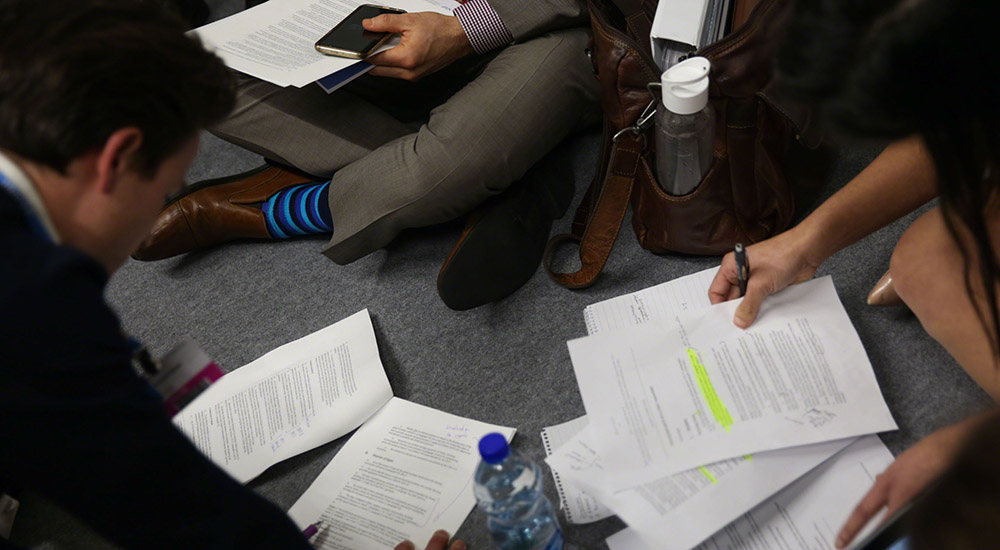
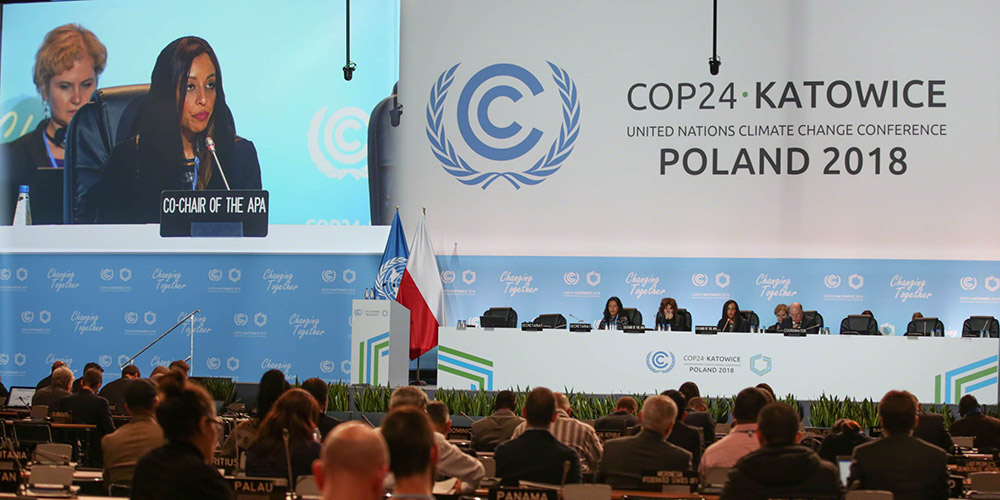
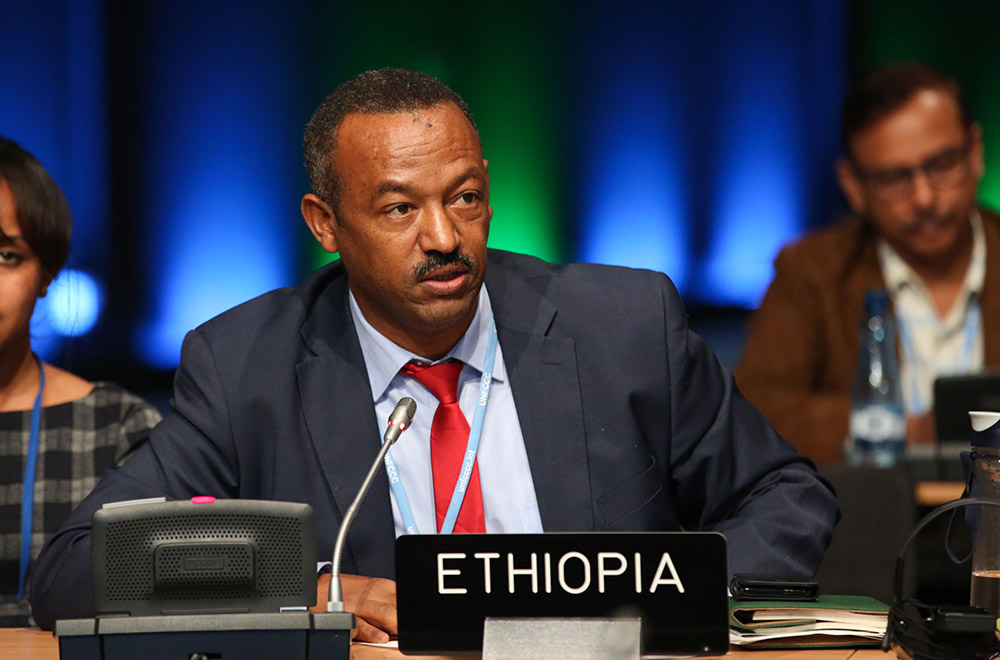
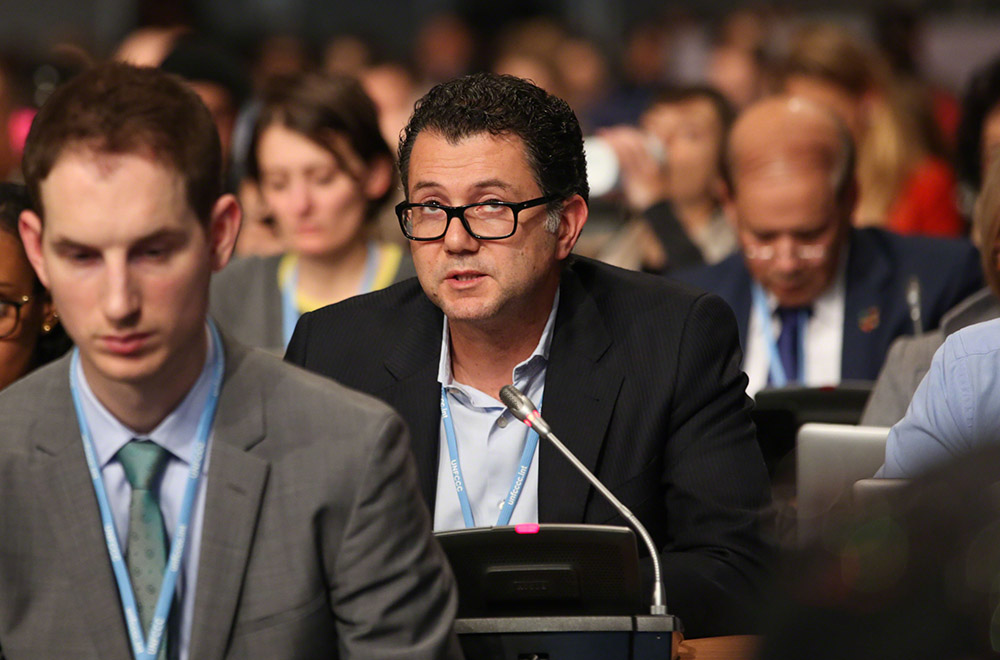
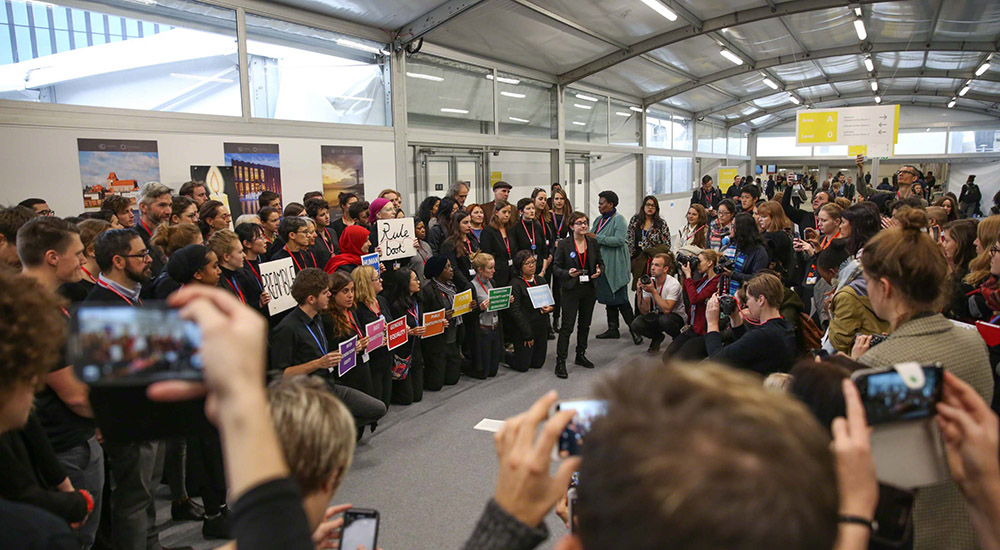
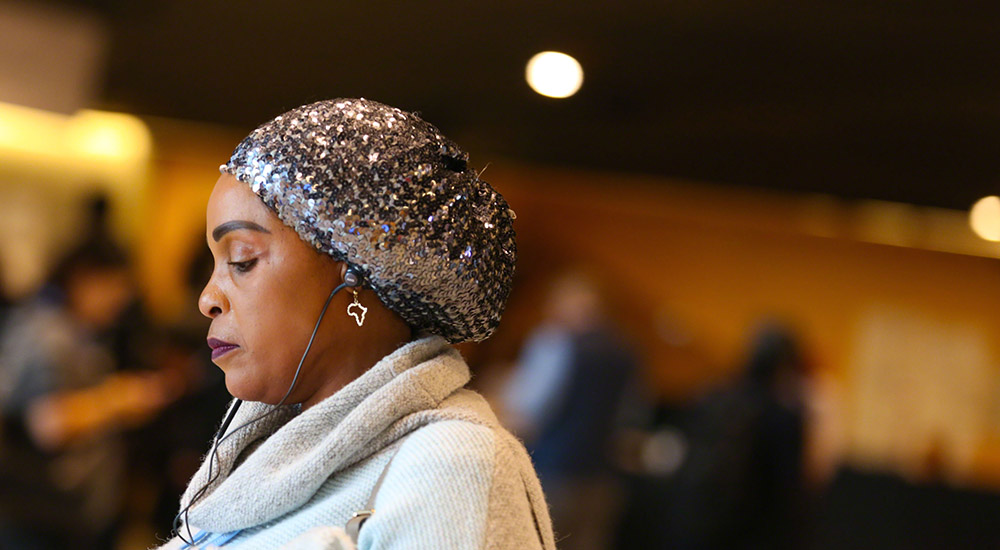
Highlights for Thursday, 6 December 2018
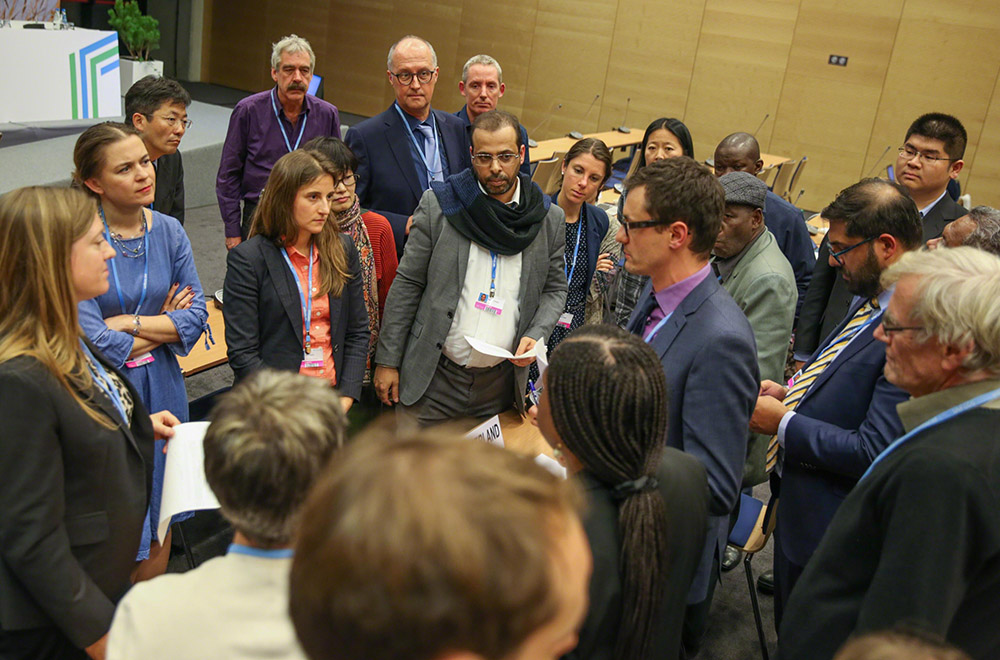
Posted by IISD Reporting Services on Thursday, 6 December 2018
The Katowice Climate Change Conference continued on Thursday with informal consultations and contact groups meeting on a range of issues.
The preparatory phase of the Talanoa Dialogue concluded. Ambassador Luke Daunivalu, COP 23 Presidency, and Adam Guibourgé-Czetwertyński, COP 24 Presidency, presented the synthesis report of the Talanoa Dialogue’s activities throughout 2018. They highlighted the involvement of a diverse range of stakeholders, including 482 inputs through the Talanoa Platform and the participation of 305 storytellers in the “Talanoas” held in May 2018. During the event, many parties and observers reported they too had held Talanoas at local, national, and regional levels to discuss climate action. The IPCC, celebrating its 30th anniversary, presented the findings from the Special Report on 1.5°C of Global Warming.
In the evening, the Ad Hoc Working Group on the Paris Agreement (APA) held a stocktaking session, which was followed by an informal meeting convened by the permanent Subsidiary Bodies’ chairs on the Paris Agreement Work Programme (PAWP).
For more details on the day's events and to hear what delegates said in the corridors, see our daily Earth Negotiations Bulletin (ENB).
+ Visit the web coverage for Thursday, 6 December 2018
+ Read the ENB report for Thursday, 6 December 2018, in English (HTML or PDF format), in French (HTML or PDF format), or in Japanese (HTML or PDF format).
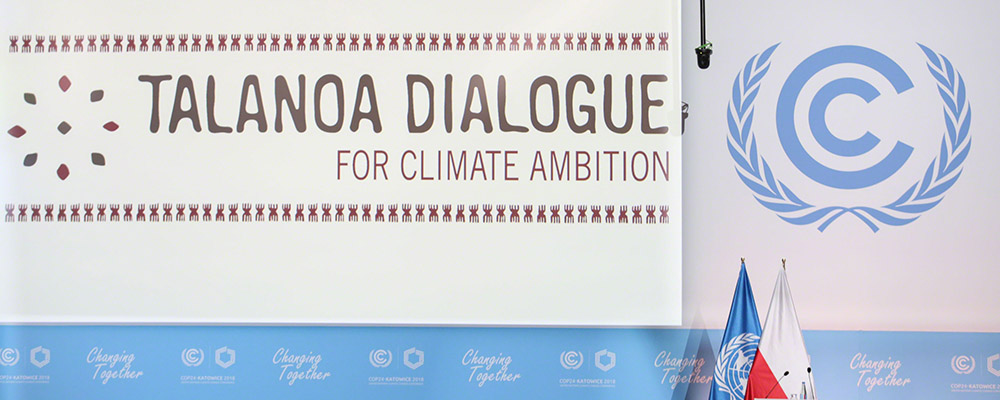
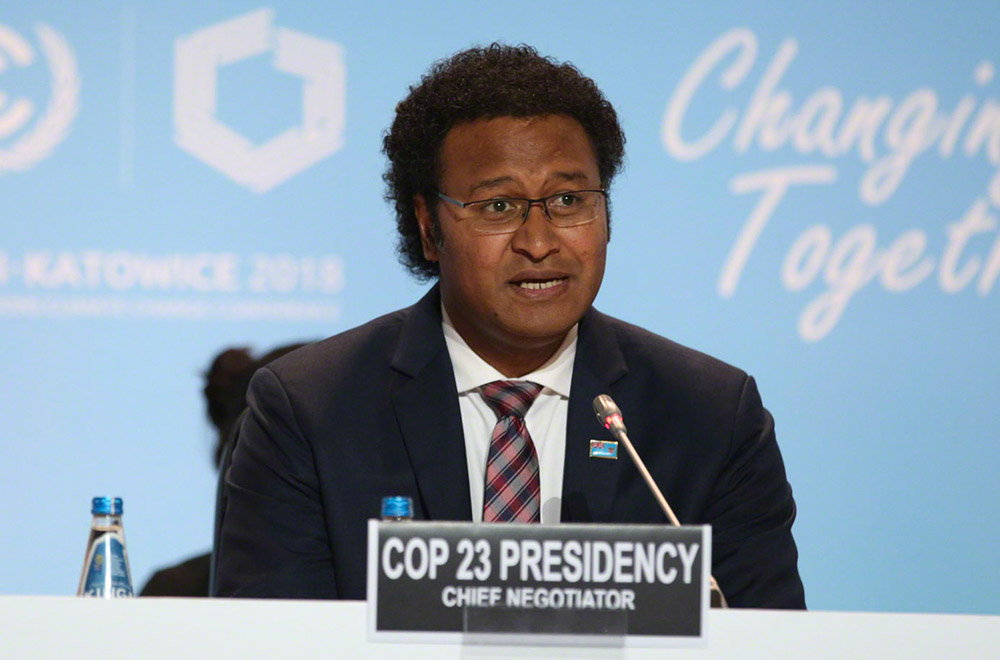
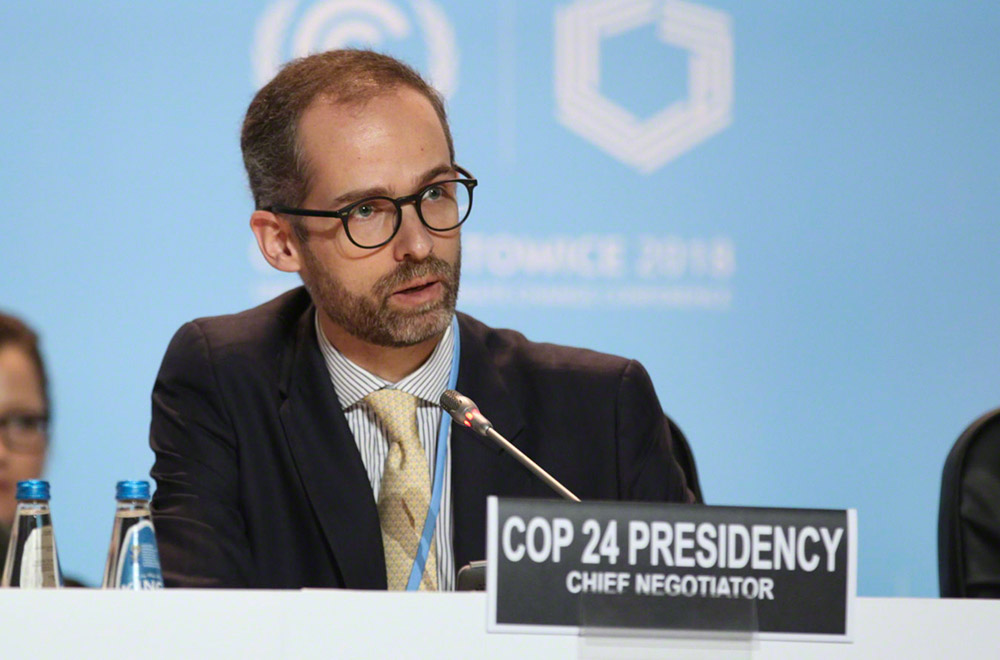
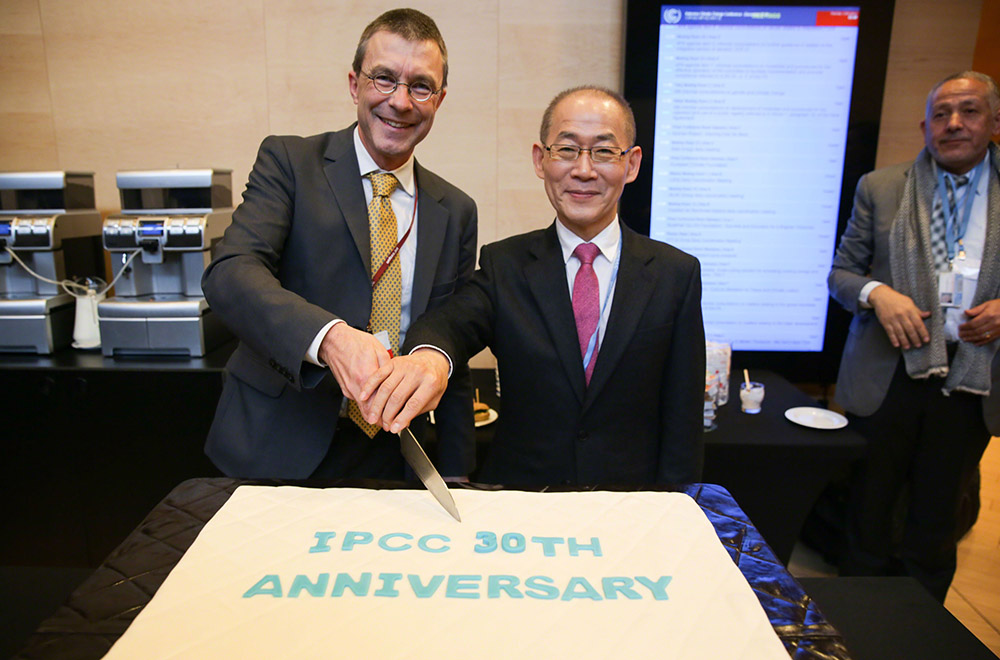
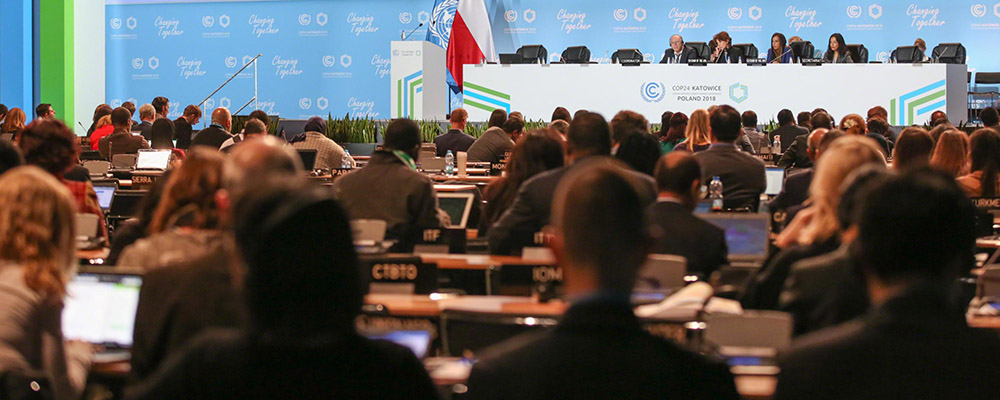
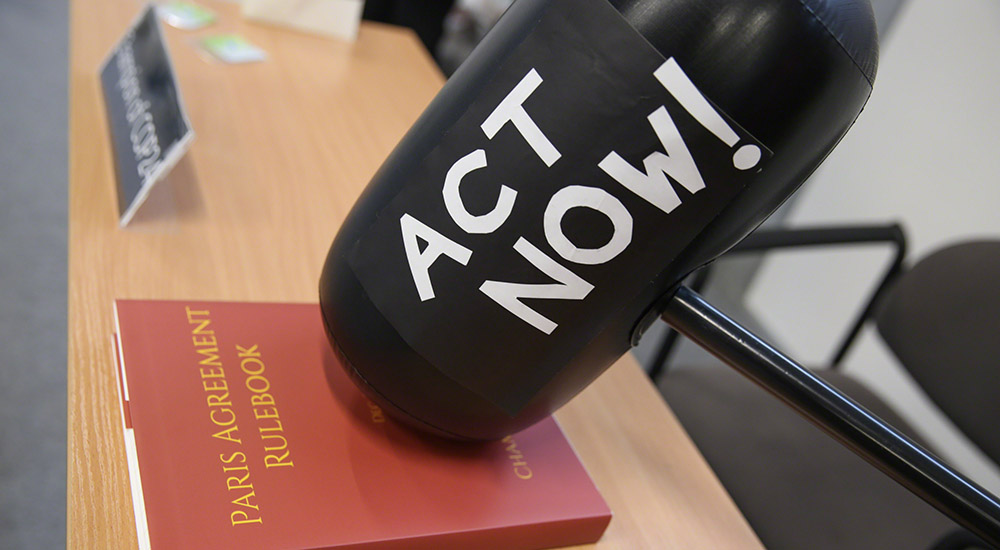
Highlights for Wednesday, 5 December 2018
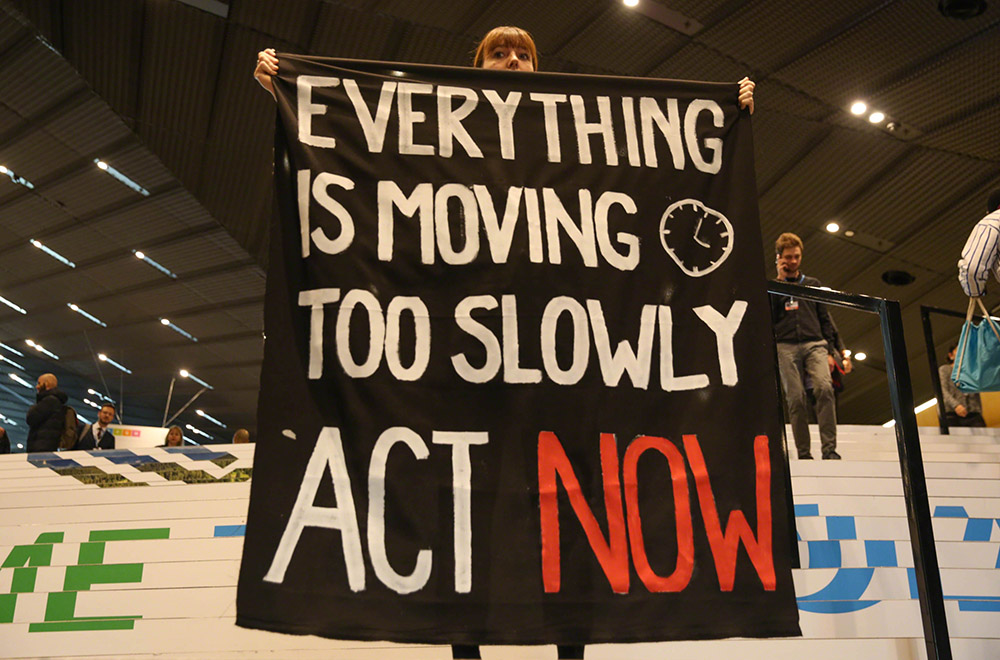
The Katowice Climate Change Conference continued on Wednesday with technical negotiations, but decision makers also began to engage at more political levels on key issues in the Paris Agreement Work Programme (PAWP).
Throughout the day, informal consultations and contact groups took place as delegates worked through key negotiation issues ranging from finance to the transparency framework. The technical part of the stocktake on pre-2020 implementation and ambition convened in the morning. It will inform the political part of this stocktake taking place next week.
At the political level, the COP 24 Presidency began meeting with heads of delegation to discuss the decision emerging from this meeting (Decision 1/CP.24). Other Presidency meetings focused on the Talanoa Dialogue and the IPCC Special Report on 1.5°C, and the Local Communities and Indigenous Peoples’ Platform.
For more details on the day's events and to hear what delegates said in the corridors, see our daily Earth Negotiations Bulletin (ENB).
+ Visit the web coverage for Wednesday, 5 December 2018
+ Read the ENB report for Wednesday, 5 December 2018, in English (HTML or PDF format), in French (HTML or PDF format), or in Japanese (HTML or PDF format).
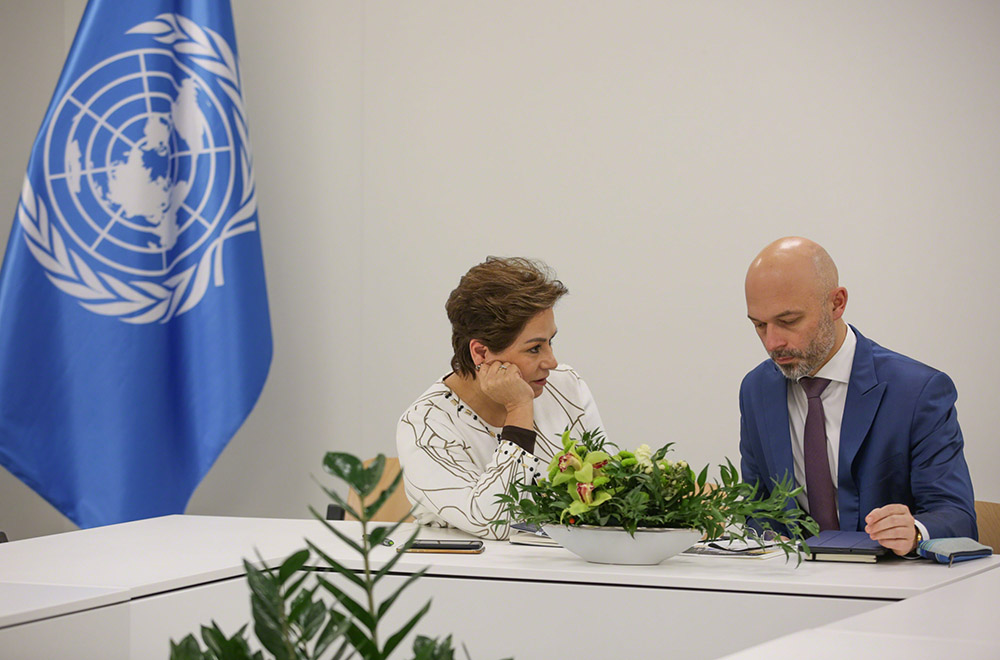
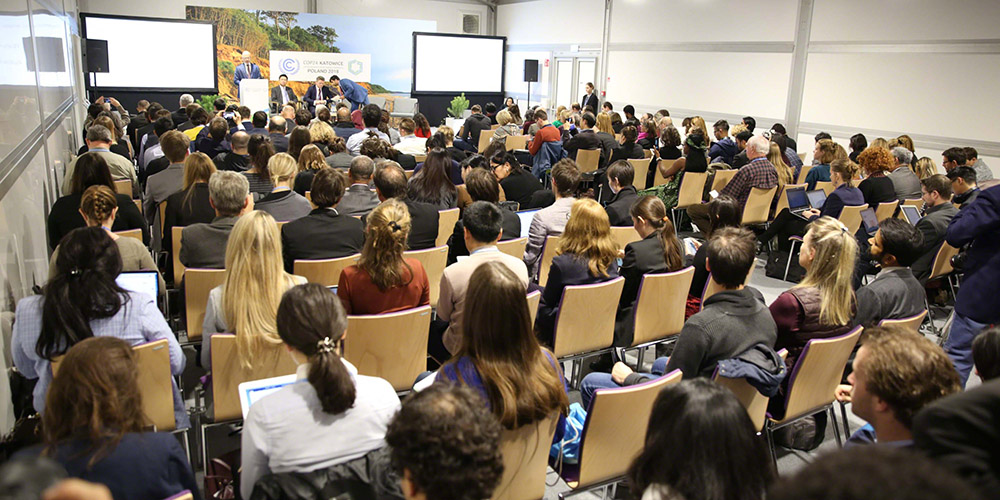
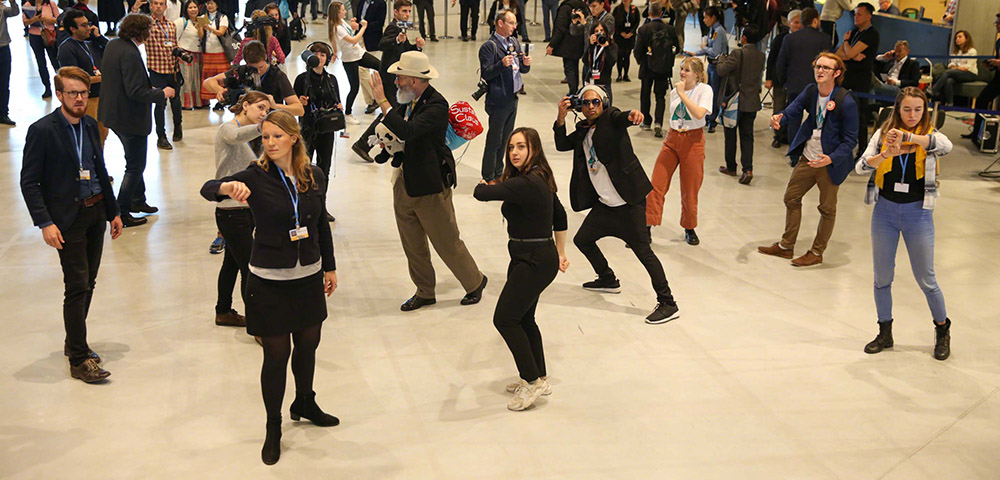
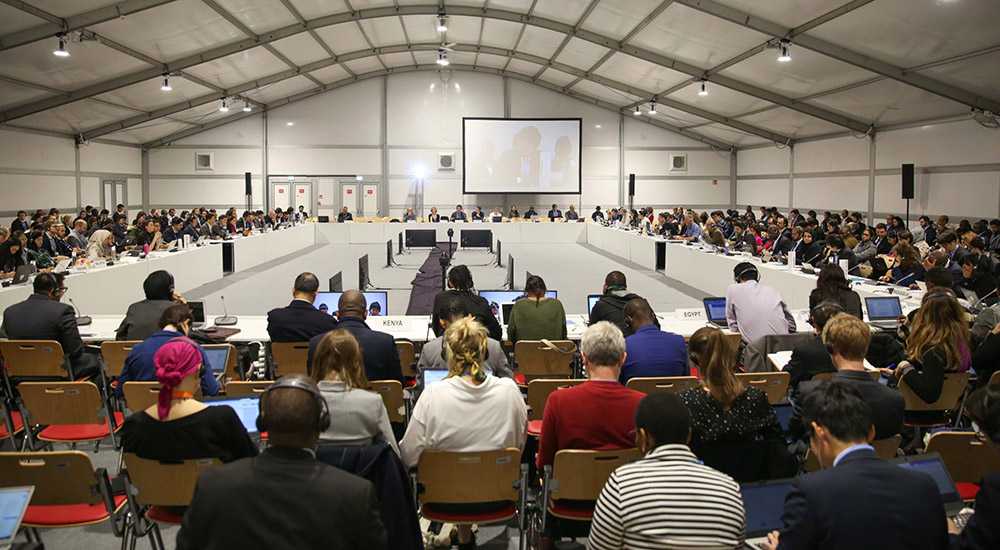
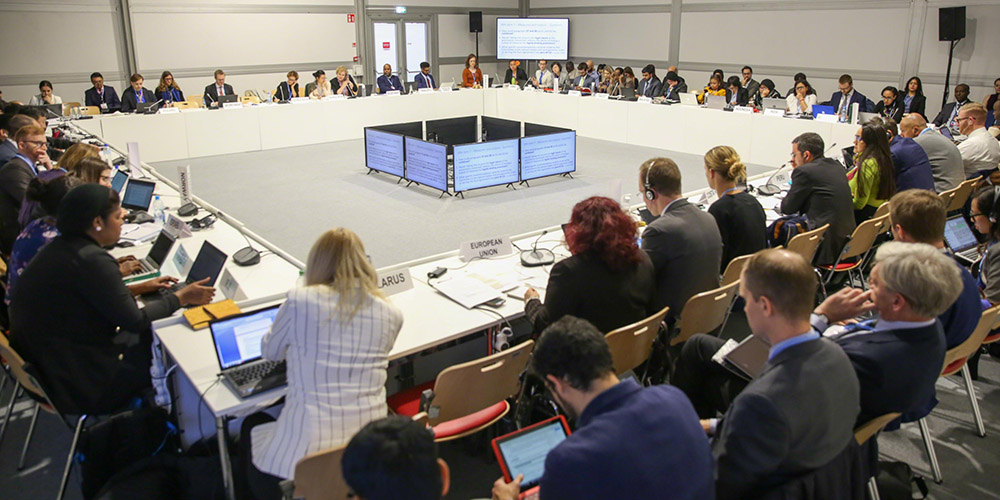
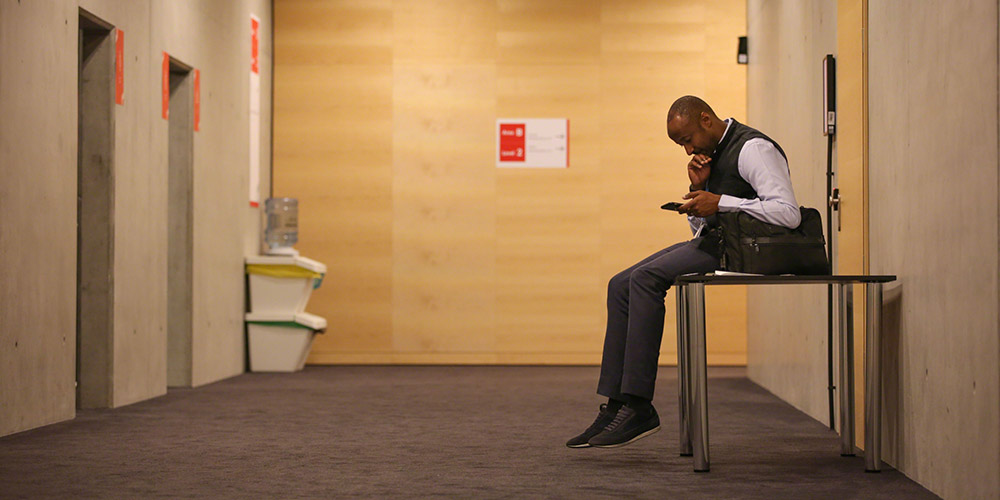
Highlights for Tuesday, 4 December 2018
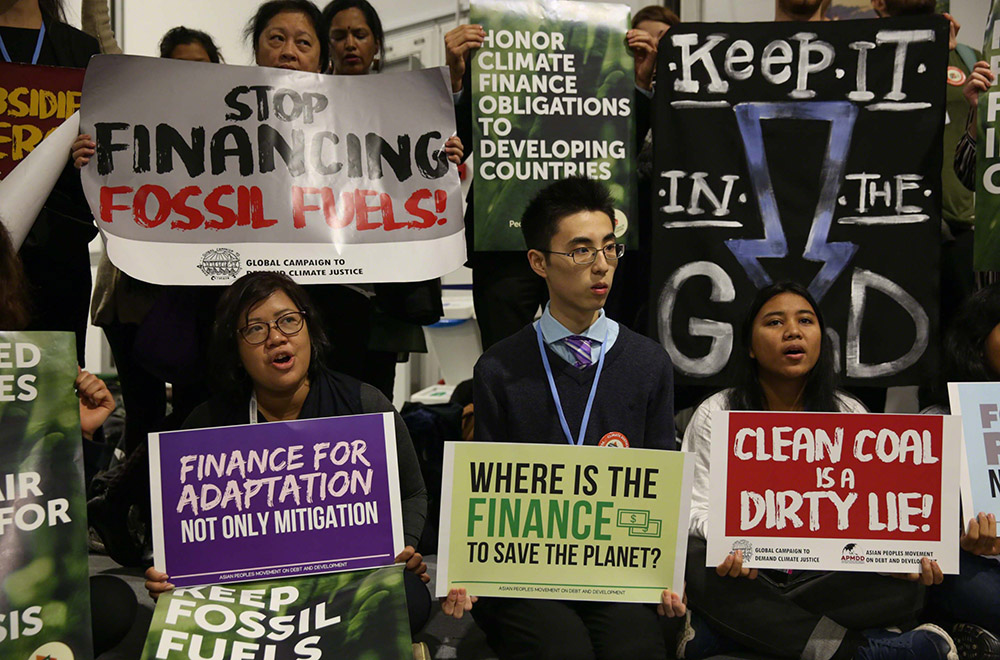
Posted by Facebook on Tuesday, 4 December 2018
The Katowice Climate Change Conference continued on Tuesday, shifting from the high-level statements delivered on Monday into detailed negotiations. Many informal consultations met to discuss issues related to the Paris Agreement Work Programme (PAWP), which is slated for completion at this meeting. The issues discussed included:
- Guidance on the mitigation section of nationally determined contributions;
- Adaptation communications;
- Transparency;
- Global stocktake; and
- Climate finance.
On some of these issues, parties identified the need for guidance by heads of delegation. A meeting of the heads of delegation took place in the late afternoon.
During a special event to unpack the new scientific knowledge and key findings in the Intergovernmental Panel on Climate Change (IPCC) Special Report on Global Warming of 1.5°C, IPCC Chair Hoesung Lee outlined the report’s findings:
- climate change is already affecting people, livelihoods, and ecosystems worldwide;
- limiting warming to 1.5°C is not impossible but would require unprecedented transitions in all sectors of society;
- there are clear benefits to keeping warming to 1.5°C rather than 2°C or higher; and
- limiting warming to 1.5°C can have co-benefits for achieving other global goals.
The COP 24 Presidency announced the Driving Change Together – Katowice Partnership for Electromobility declaration and the associated partnership between Poland and the UK. Several speakers at the event underscored the importance of decarbonizing the transport sector as crucial to meet the goals of the Paris Agreement.
For more details on the day's events and to hear what delegates said in the corridors, see our daily Earth Negotiations Bulletin (ENB).
+ Visit the web coverage for Tuesday, 4 December 2018
+ Read the ENB report for Tuesday, 4 December 2018, in English (HTML or PDF format), in French (HTML or PDF format), or in Japanese (HTML or PDF format).
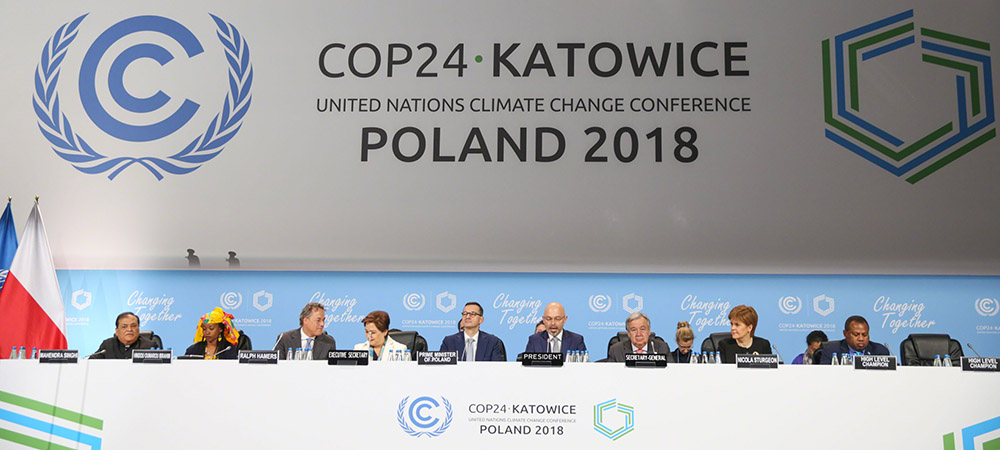
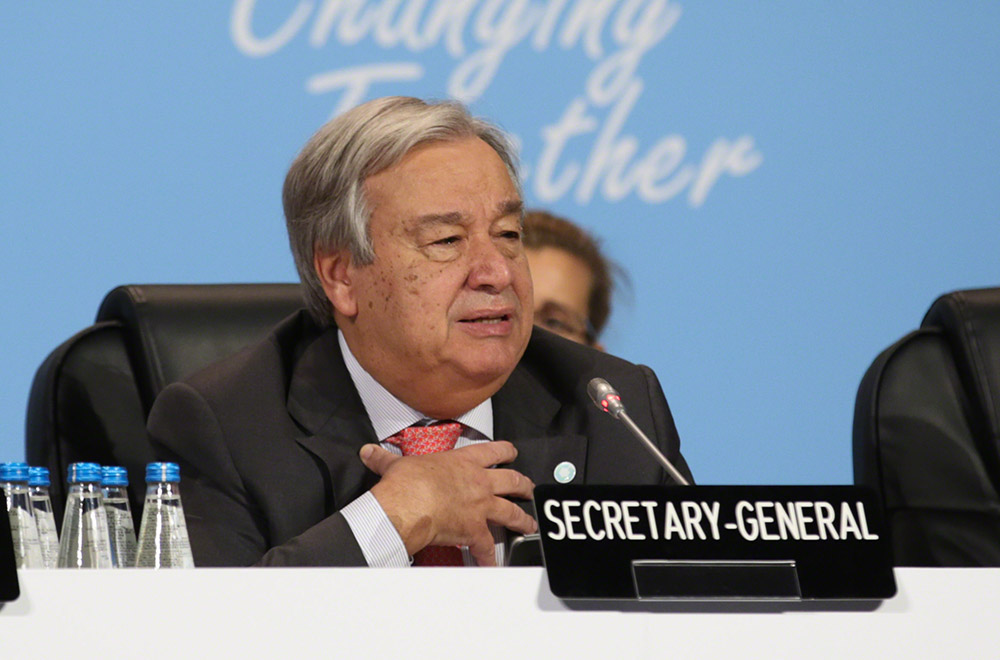
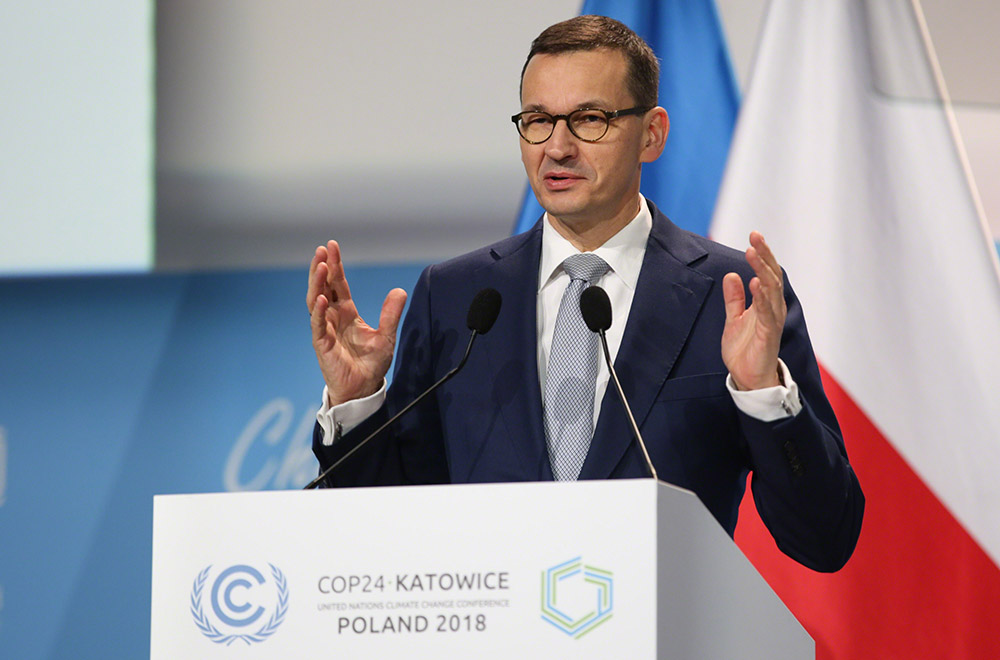
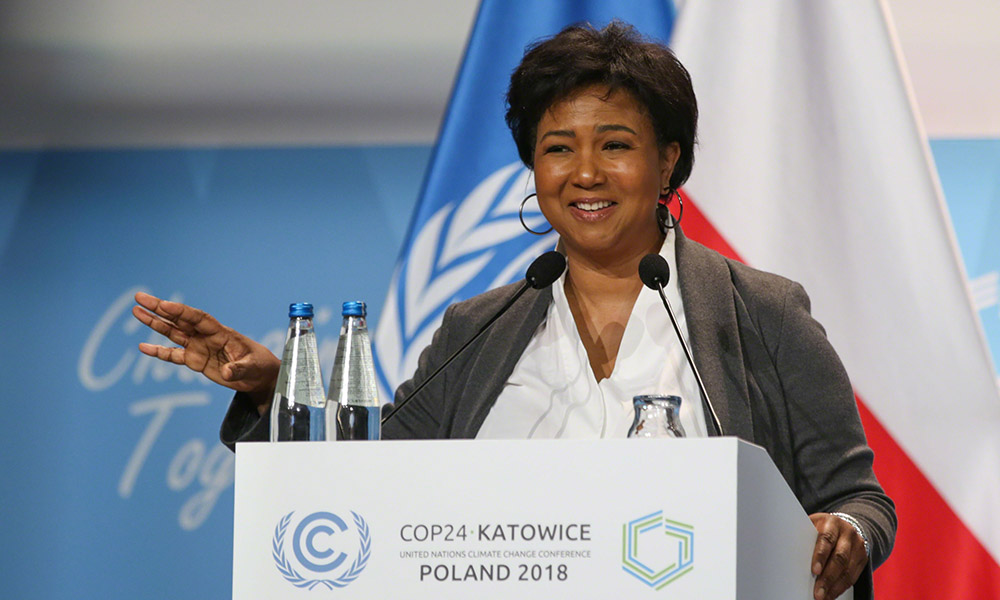
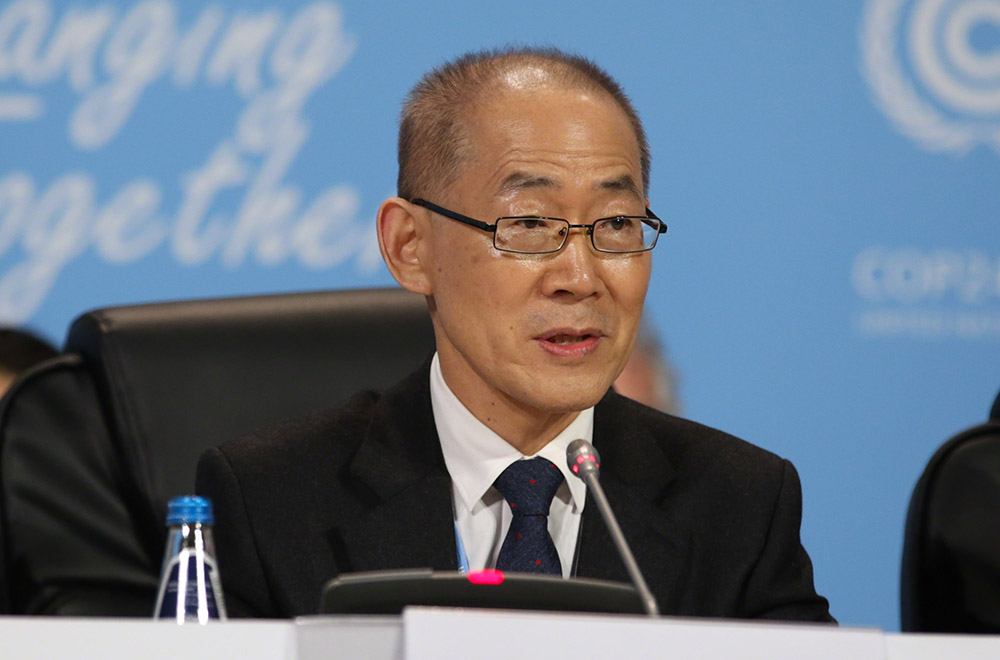
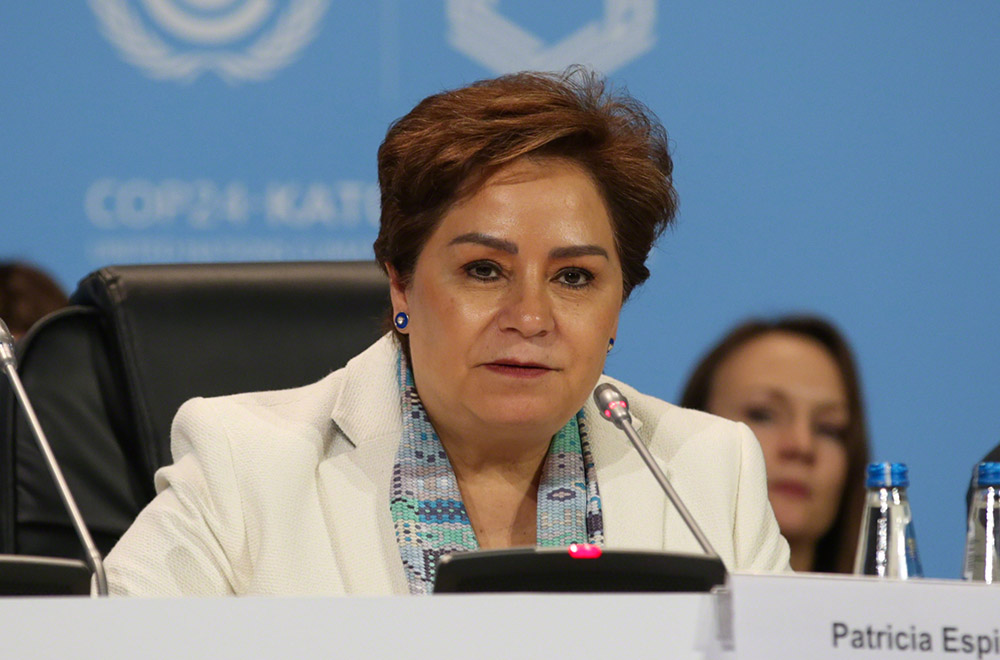
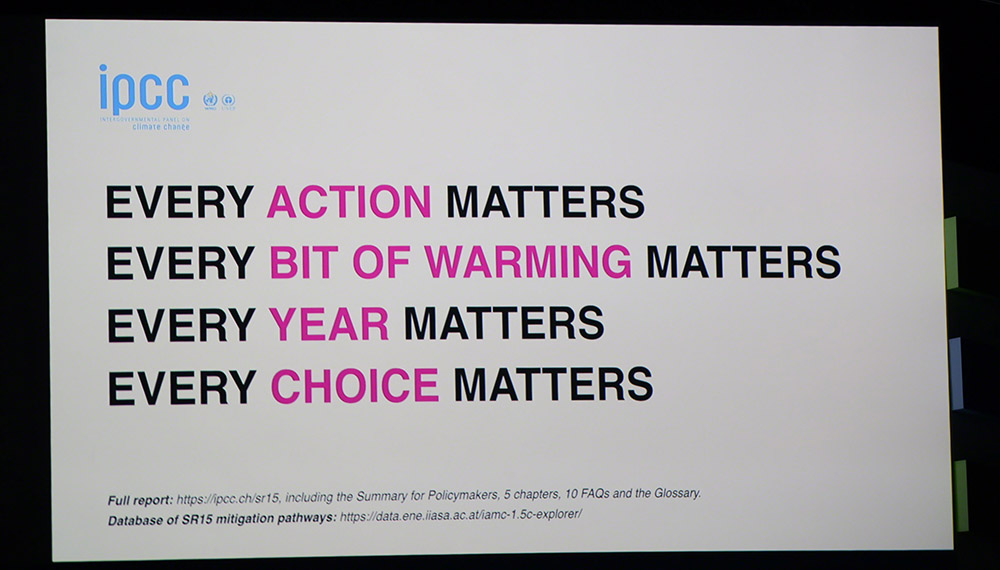
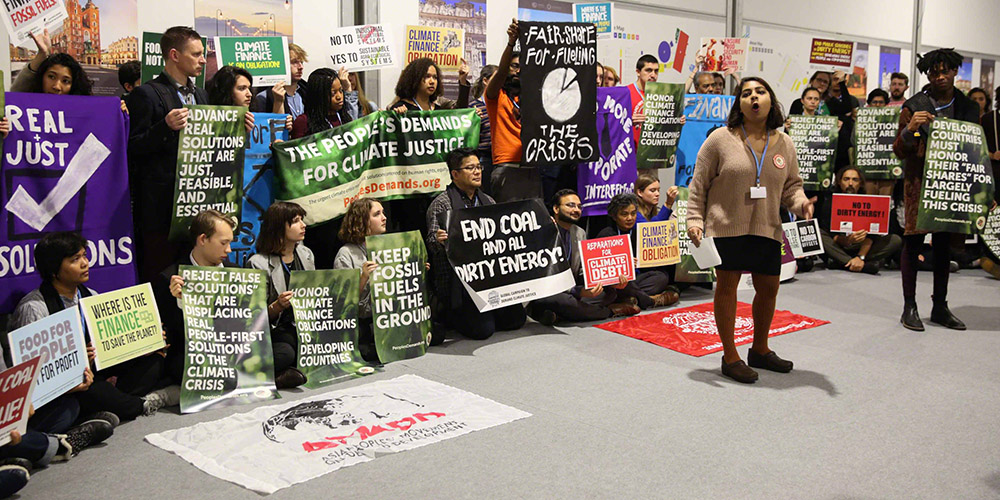
Highlights for Monday, 3 December

On Monday, the Katowice Climate Change Conference continued, holding its official opening ceremony in the morning. During the opening plenary and the High-level Segment, attended by 29 heads of state and government, many spoke of the urgency of climate change. Taking place for the first time, the “People’s Seat” initiative allowed people from around the world to send direct messages to decisions makers by posting contributions on social media. As summarized by Sir David Attenborough: “The world's people have spoken and their message is clear - time is running out. They want you, the decision makers to act now.” The opportunity for delegates at the Katowice Climate Change Conference to act, by delivering on the work programme for the Paris Agreement, was underlined by many, including UN Secretary-General António Guterres who reminded delegates “there is no time for limitless negotiations.”
President of Poland Andrzej Duda presented the Solidarity and Just Transition Silesia Declaration, supported by 37 countries, which addresses how to realize a low-carbon economy in a way that is just for all the people and communities affected by such a transition.
Delegates worked in informal formats throughout the day on the issues central to the Paris Agreement Work Programme. Several other events were held on Monday, including:
- Multilateral assessment;
- Facilitative sharing of views;
- Koronivia joint work on agriculture; and
- Review of the work of the improved forum on the impact of the implementation of response measures.
For more details on the day's events and to hear what delegates said in the corridors, see our daily Earth Negotiations Bulletin (ENB).
+ Visit the web coverage for Monday, 3 December 2018
+ Read the ENB report for Monday, 3 December 2018, in English (HTML or PDF format), in French (HTML or PDF format), or in Japanese (HTML or PDF format).
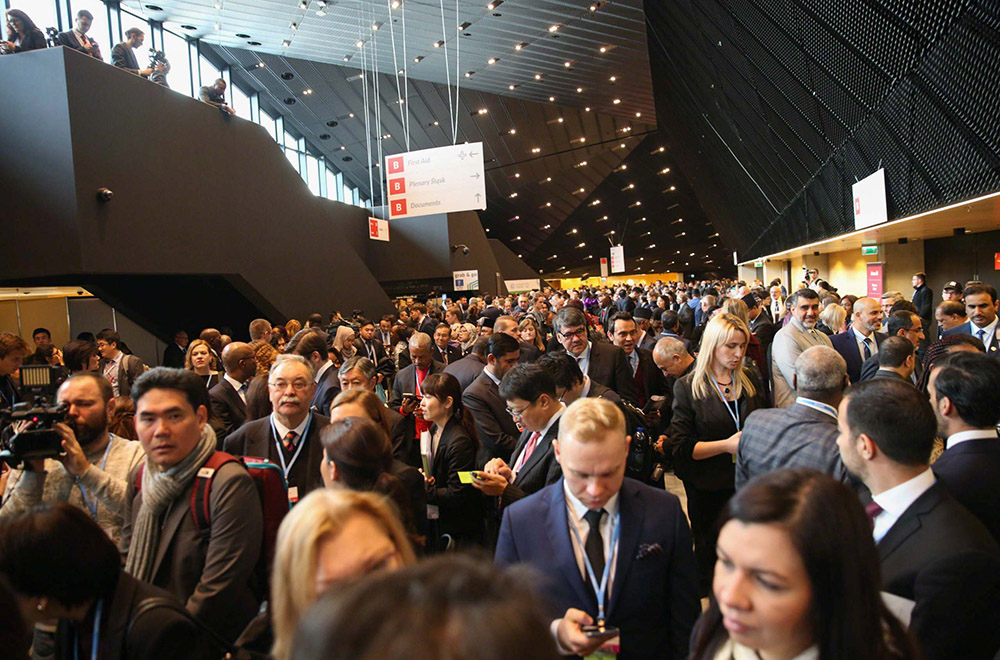
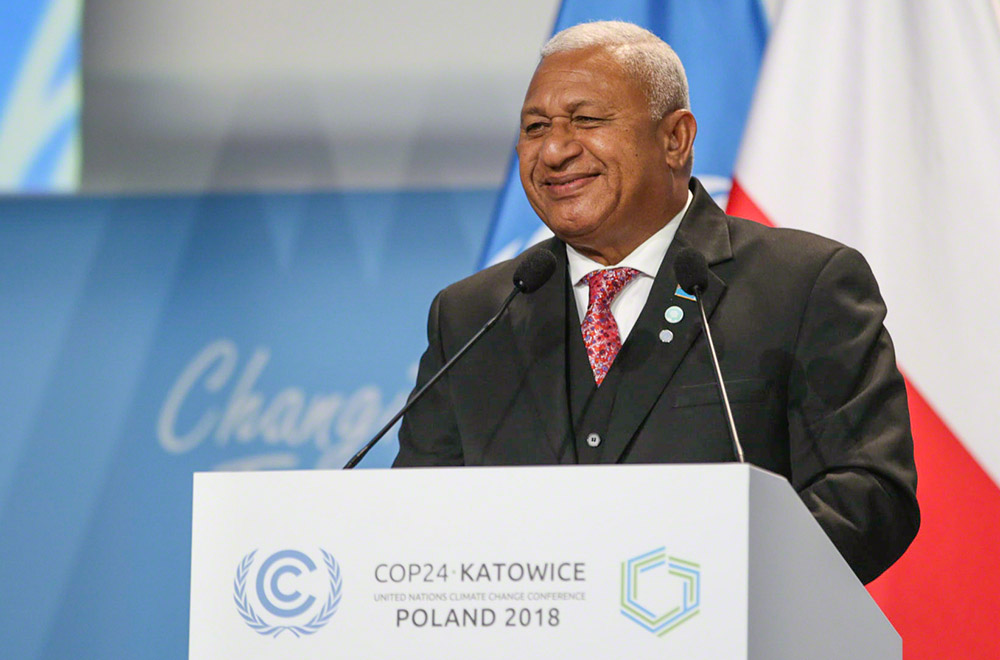
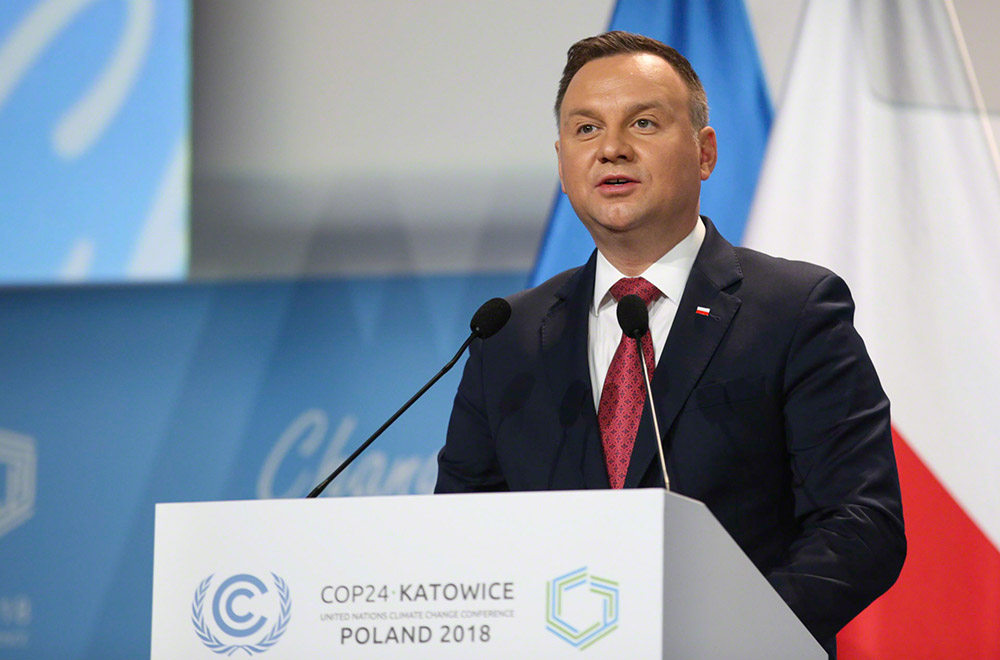
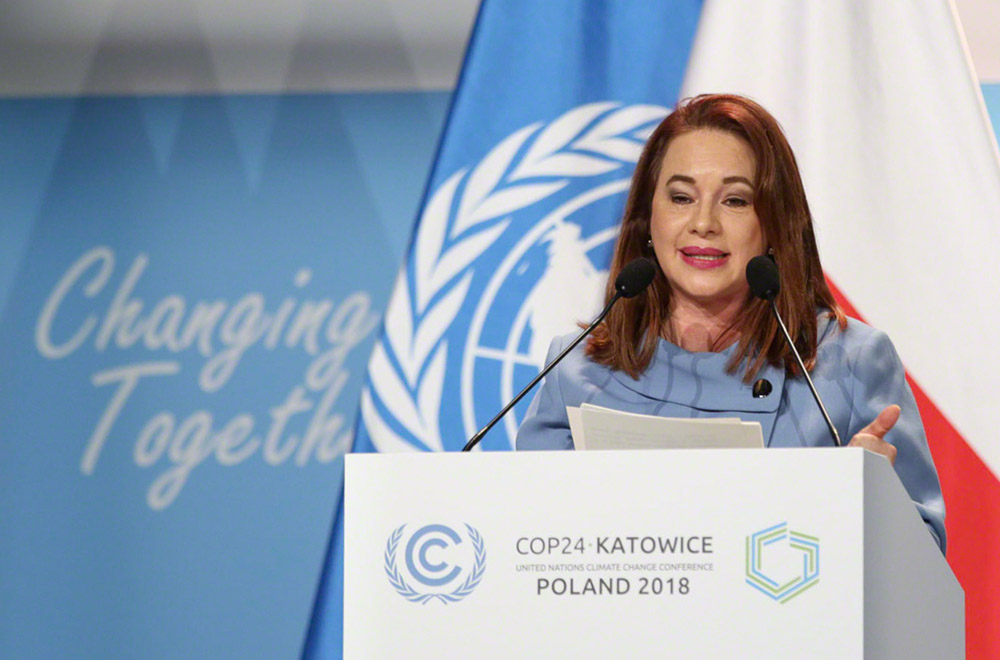
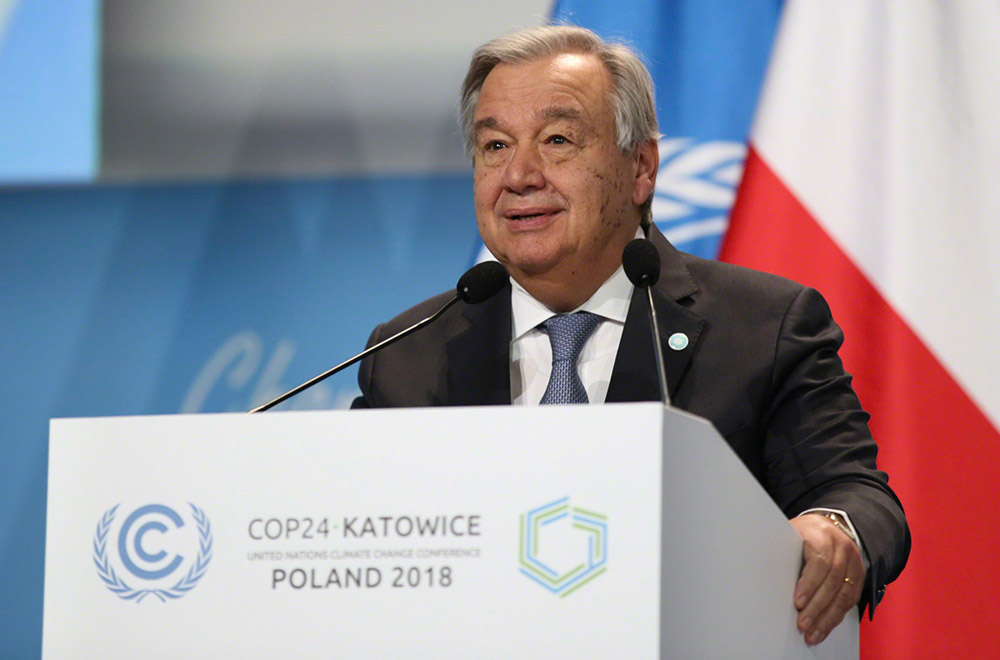
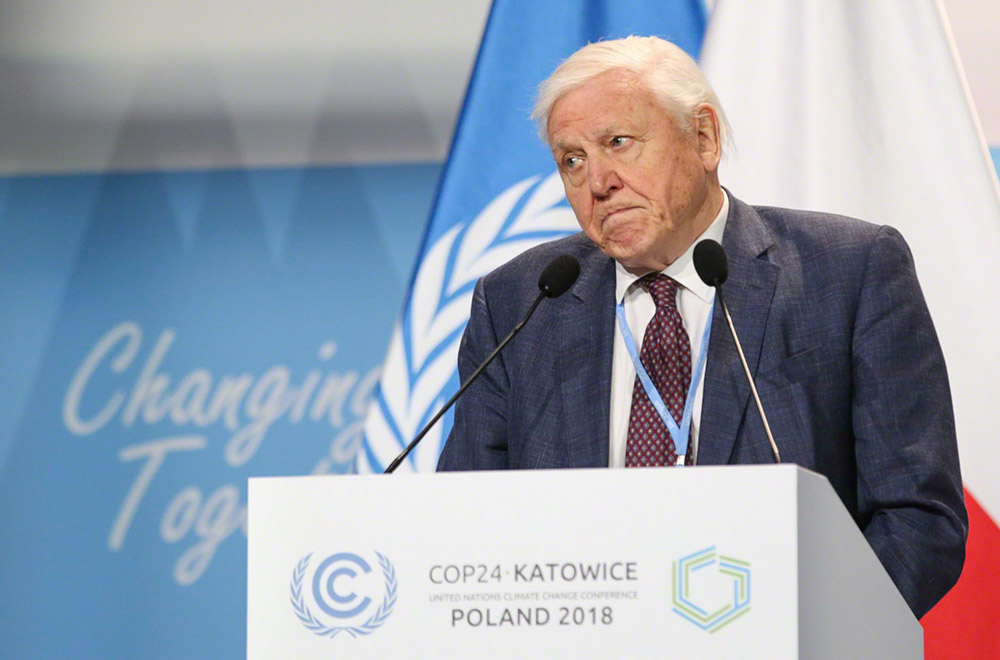
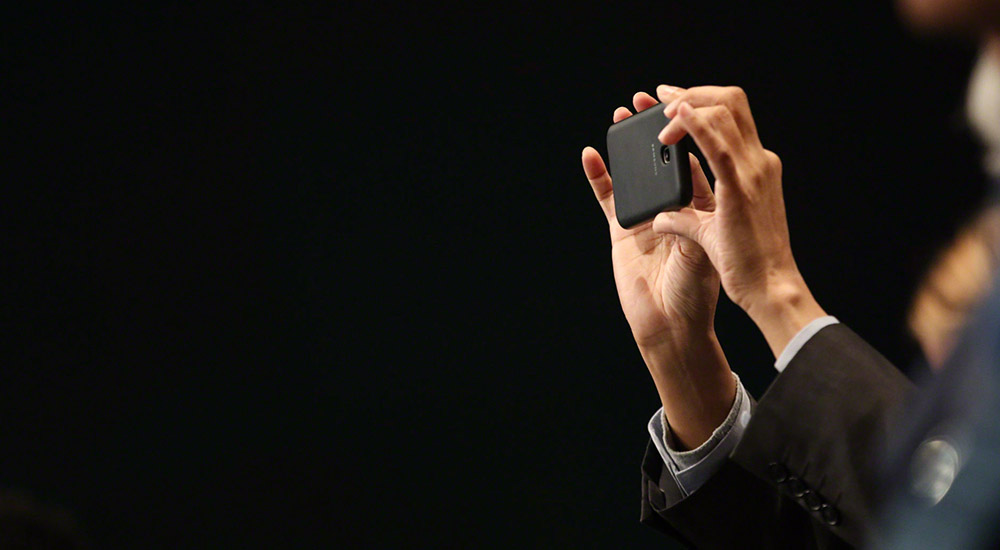
Highlights for Sunday, 2 December 2018
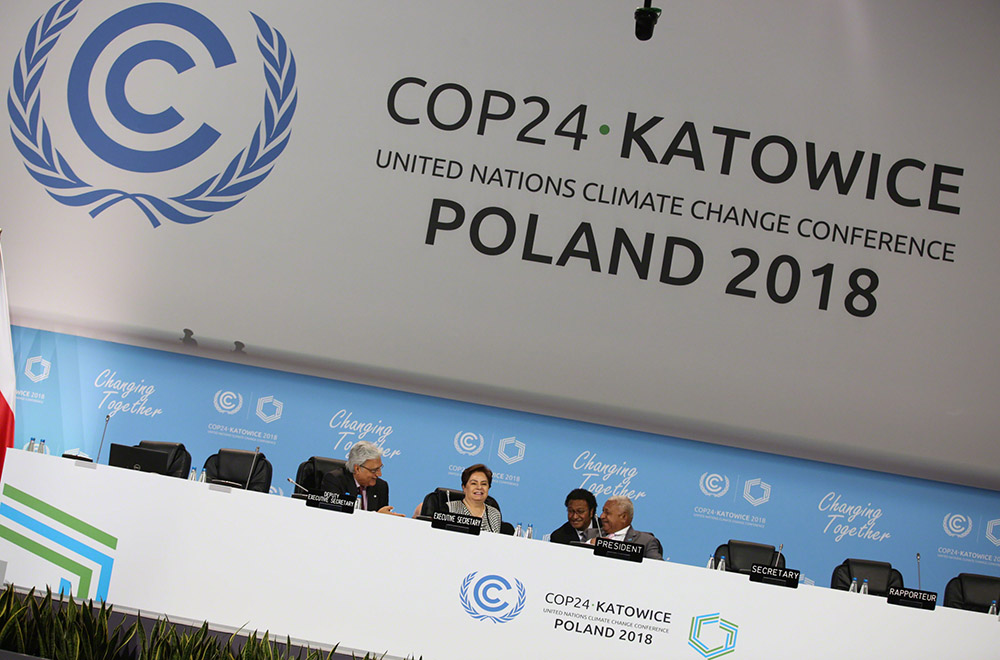
The Katowice Climate Change Conference opened on Sunday, 2 December, a day earlier than originally scheduled. Parties used this extra day to launch work under all of the bodies meeting at the conference:
- The 24th session of the Conference of the Parties (COP 24) to the UN Framework Convention on Climate Change (UNFCCC);
- The 14th session of the Conference of the Parties serving as the meeting of the Parties to the Kyoto Protocol (CMP 14);
- The 3rd part of the first session of the Conference of the Parties serving as the meeting of the parties for the Paris Agreement (CMA 1-3);
- 49th session of the Subsidiary Body for Implementation (SBI 49);
- 49th session of the Subsidiary Body for Scientific and Technological Advice (SBSTA 49); and
- The 7th part of the first session of the Ad Hoc Working Group on the Paris Agreement (APA 1-7).
There were several reminders throughout the day of the urgency of the work to complete the details that will operationalize the Paris Agreement, which is due by the close of this meeting. As COP 24 President Michał Kurtyka explained, the work will be “multi-layered,” involving technical discussions and, when needed, discussions elevated to heads of delegations to unlock progress.
For more details on the day’s events and to hear what delegates said in the corridors, see our daily Earth Negotiations Bulletin (ENB).
+ Visit the web coverage for Sunday, 2 December 2018
+ Read the ENB report for Sunday, 2 December 2018, in English (HTML or PDF format), in French (HTML or PDF format), or in Japanese (HTML or PDF format).
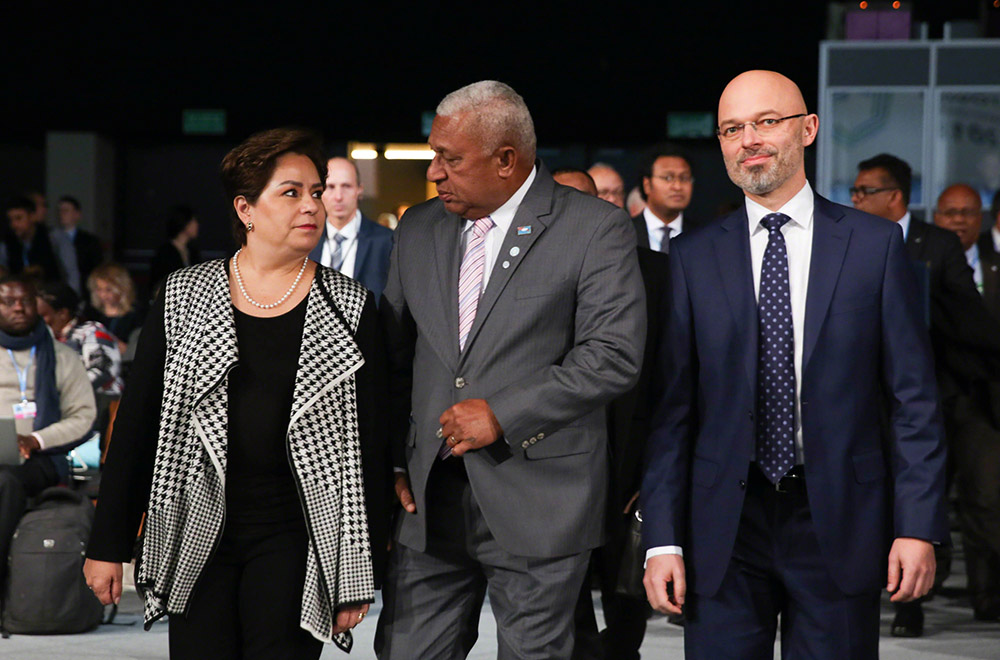
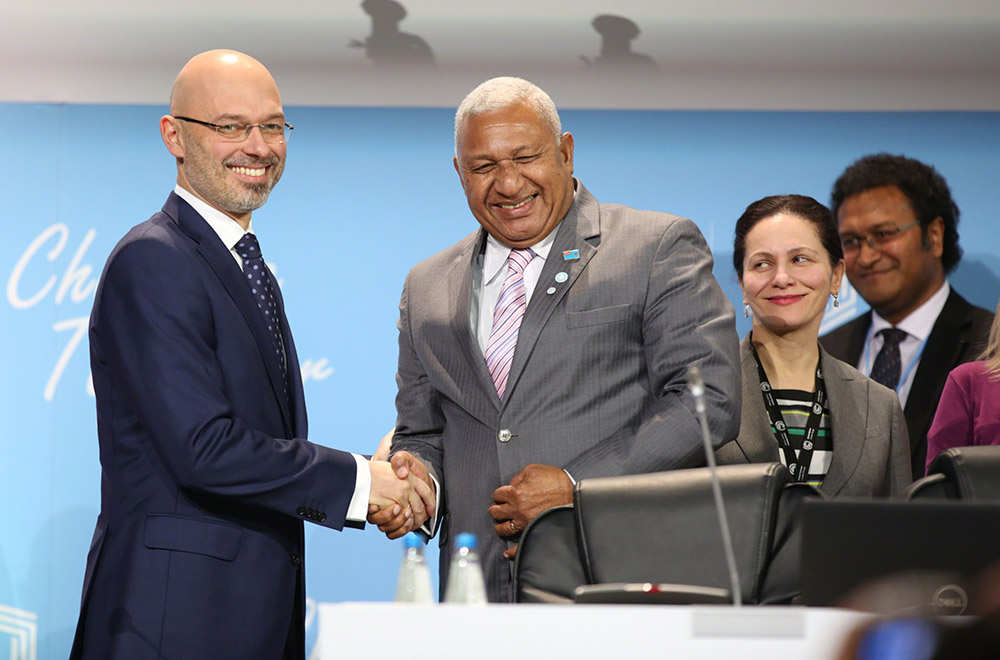
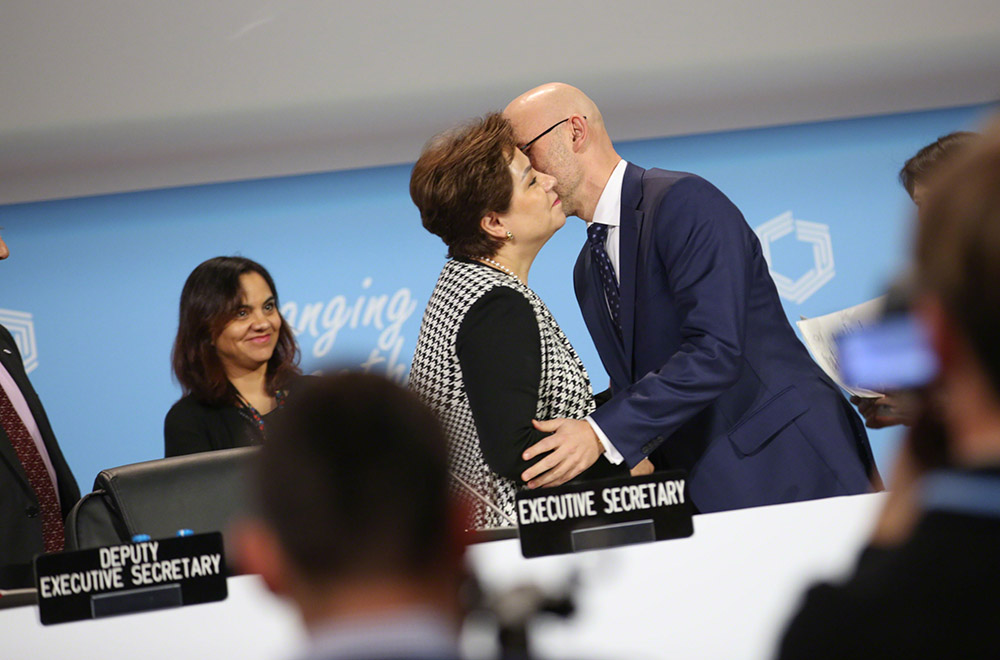
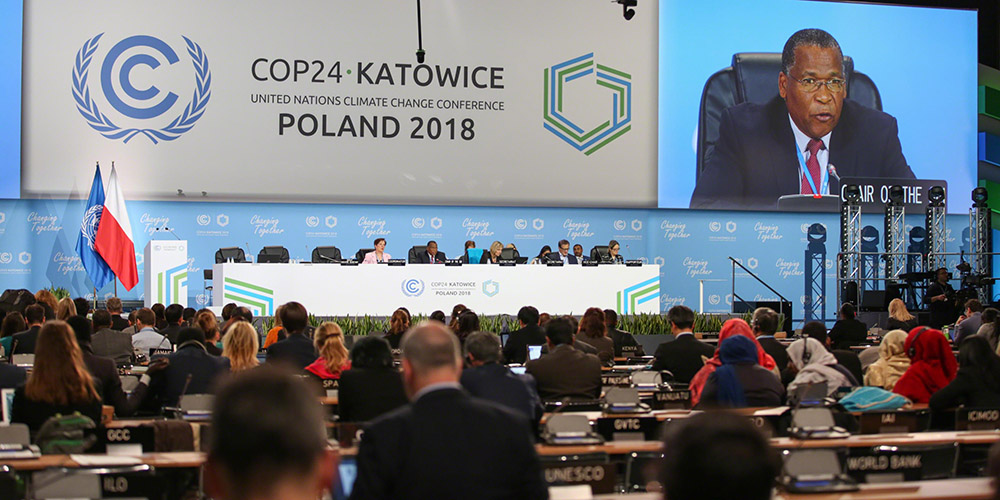
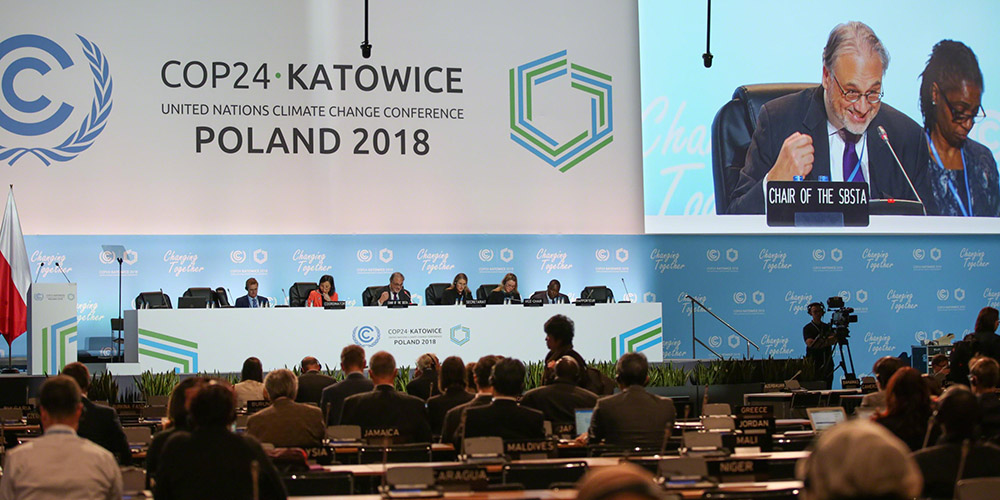
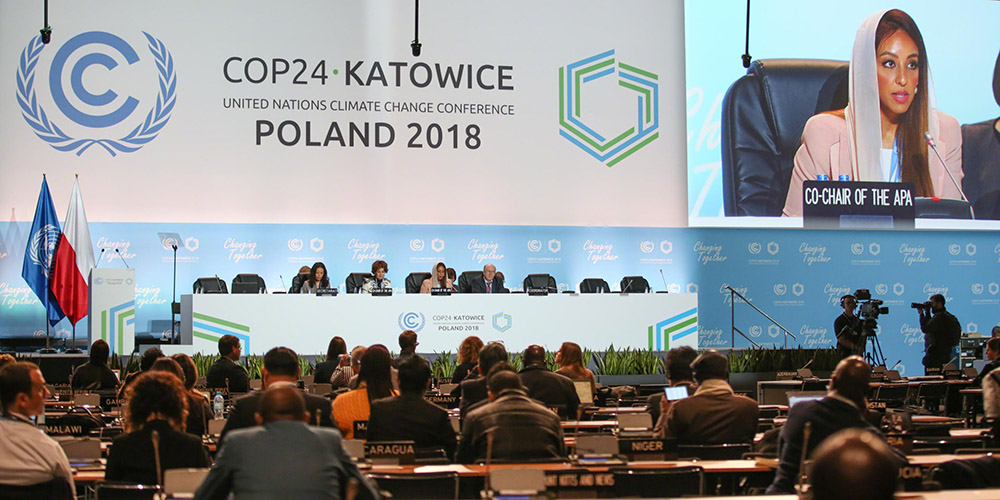
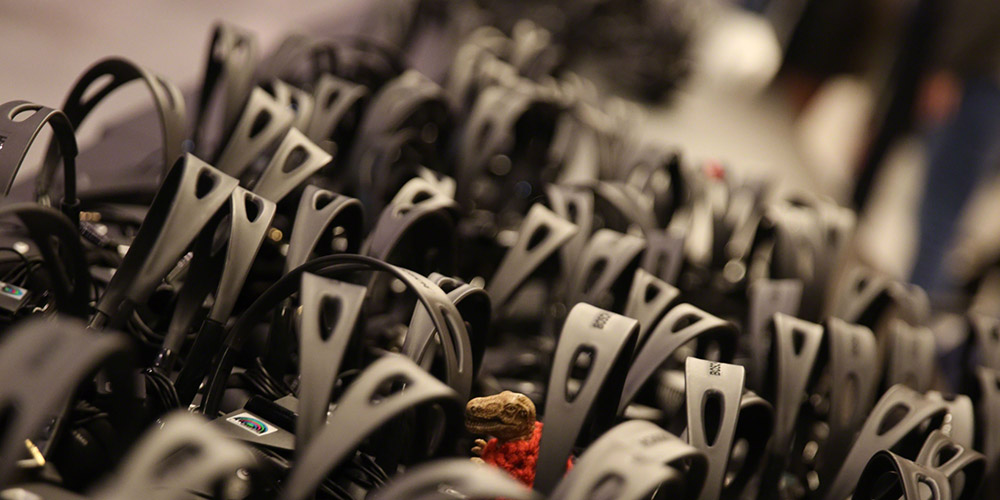
DOWNLOAD ENB REPORTS
Resources for the Katowice Climate Change Conference – December 2018
- Website for the Katowice Climate Change Conference – December 2018
- Overview Schedule for the Katowice Climate Change Conference – December 2018
- Joint Reflections Note by the Co-Chairs of the APA, SBSTA, and SBI
- COP 24 Presidency Website
COP 24
CMP 14
CMA 1-3
APA 1-7
SBI 49
SBSTA 49
IISD ENB/ENB+ Meeting Coverage
- 48th Session of the Intergovernmental Panel on Climate Change (IPCC-48), 1-6 October 2018, Incheon, Republic of Korea
- Bangkok Climate Change Conference - September 2018, 4-9 September 2018, UN Conference Centre (UNCC), Bangkok, Thailand
- Bonn Climate Change Conference - April/May 2018, 30 April - 10 May 2018, Bonn, Germany
- IPCC-47, 13-16 March 2018, Headquarters of the UN Educational, Scientific and Cultural Organization (UNESCO), Paris, France
- Fiji / Bonn Climate Change Conference 2017, 6-17 November 2017, Bonn, Germany
- IPCC-46, 6-10 September 2017, Montreal, Canada
- Bonn Climate Change Conference - May 2017, 8-18 May 2017, Bonn, Germany
- IPCC-45, 28-31 March 2017, Guadalajara, Mexico
- Marrakech Climate Change Conference - November 2016, 7-18 November 2016, Marrakech, Morocco
- ENB Coverage of Climate Change Meetings
IISD Resources
- CLIMATE-L - A Mailing List for News on Climate Change Policy
- SDG - A Mailing List for News on Sustainable Development Policy
- SDG Update Newsletter - A compilation of news, commentary and upcoming events published on the SDG Knowledge Hub
- SDG Knowledge Hub - An Online Resource Center for News and Commentary Regarding the Implementation of the United Nations’ 2030 Agenda for Sustainable Development, including all 17 Sustainable Development Goals (SDGs)
- Linkages Update - International Environment and Sustainable Development News


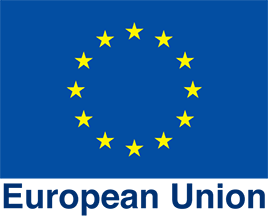 Specific funding for coverage of the Katowice Climate Change Conference – December 2018, has been provided by the Kingdom of Saudi Arabia, the French Ministry of Europe and Foreign Affairs, and the European Union (EU)
Specific funding for coverage of the Katowice Climate Change Conference – December 2018, has been provided by the Kingdom of Saudi Arabia, the French Ministry of Europe and Foreign Affairs, and the European Union (EU)